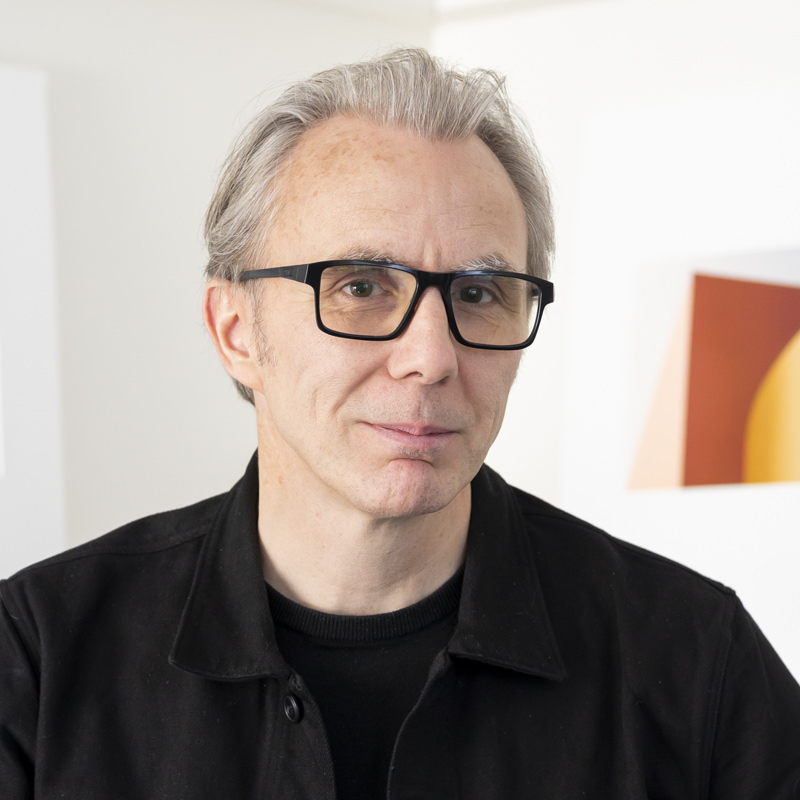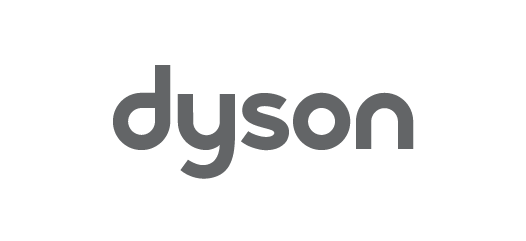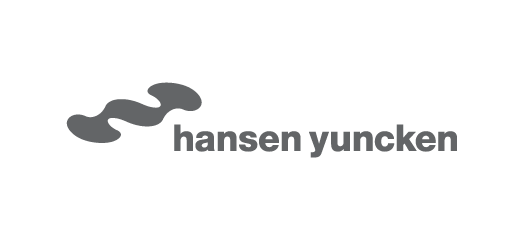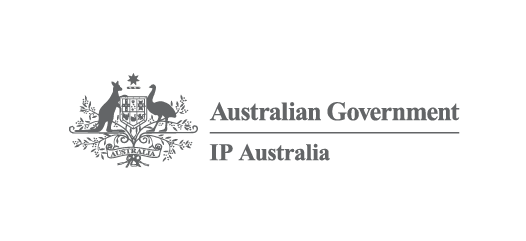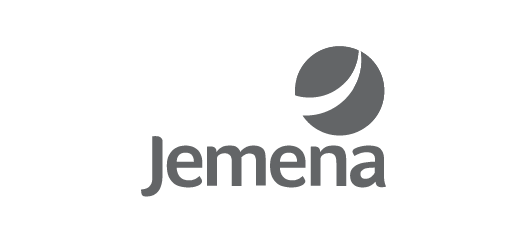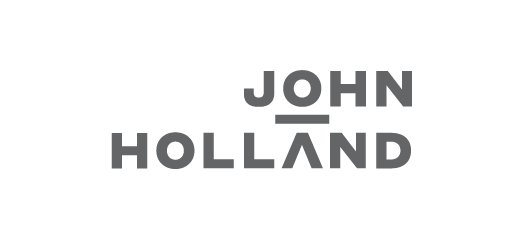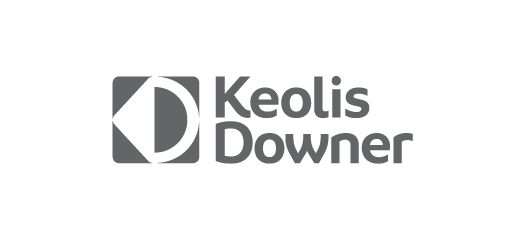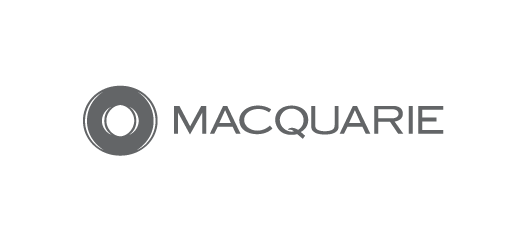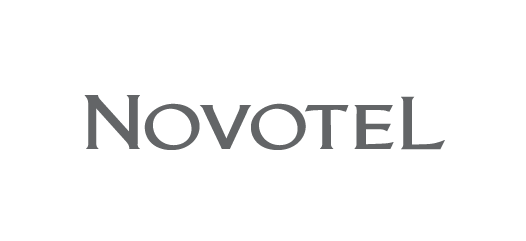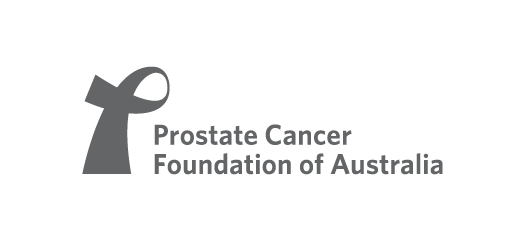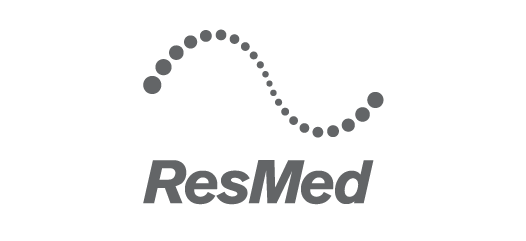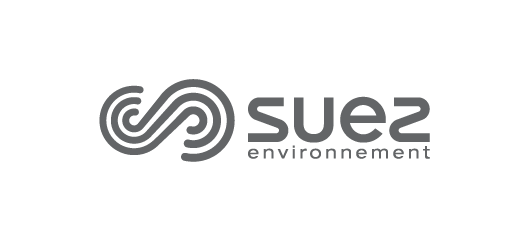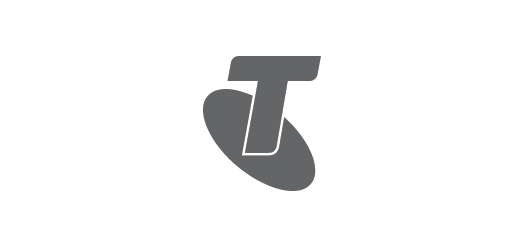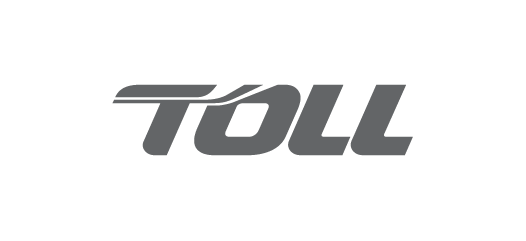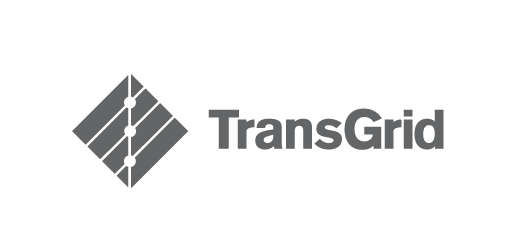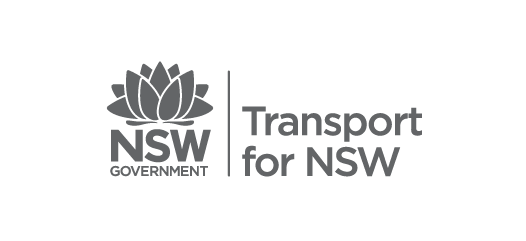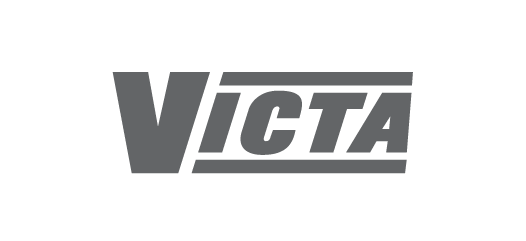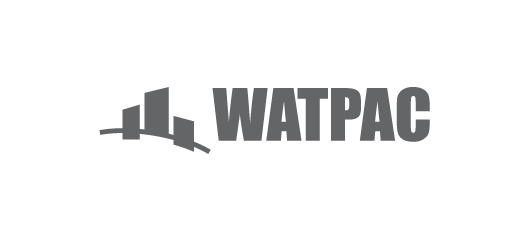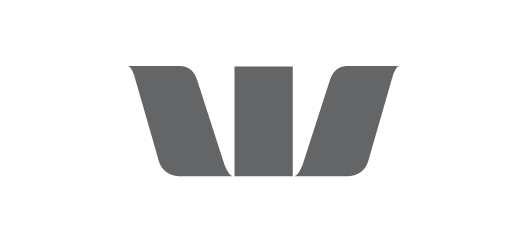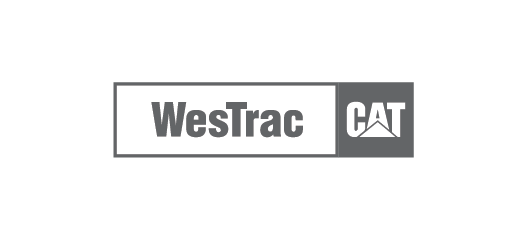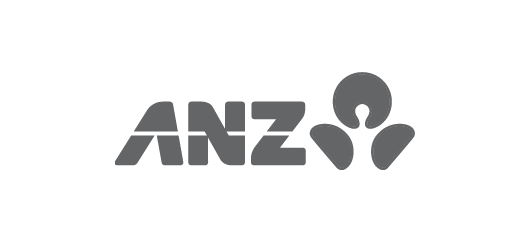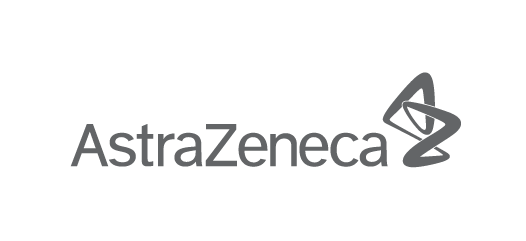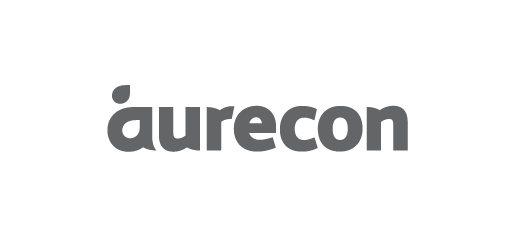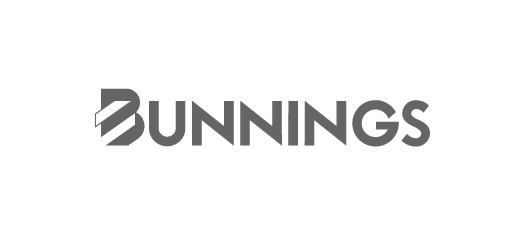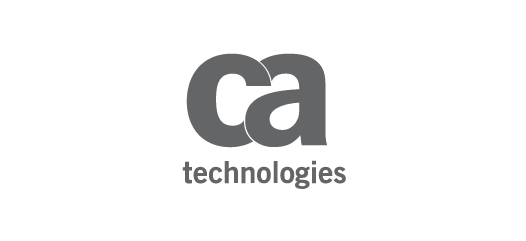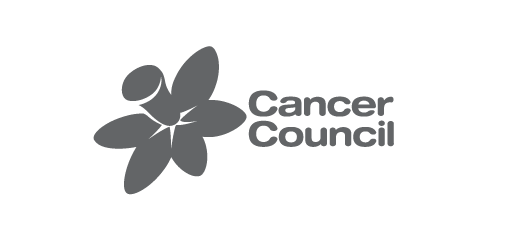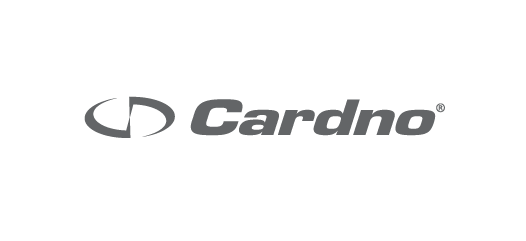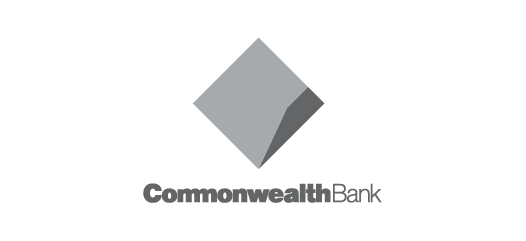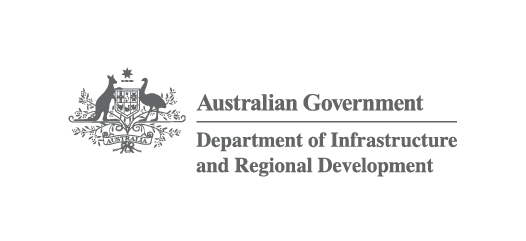Clinical precision
Capturing the authentic moments in clinical settings takes a unique skill set and expertise learned over time
Medical and healthcare photography
Whether it’s public health service or private healthcare, hospitals provide a challenging environment for capturing images. I’ve photographed in metropolitan and regional hospitals throughout NSW, VIC and QLD – scrubbing in to capture shots in theatre, shooting in the thick of it in ED and respectfully keeping my distance in ICU. And for some clients, I’ve leveraged my real-world experience to create staged, authentic-looking environments for medical product photography.
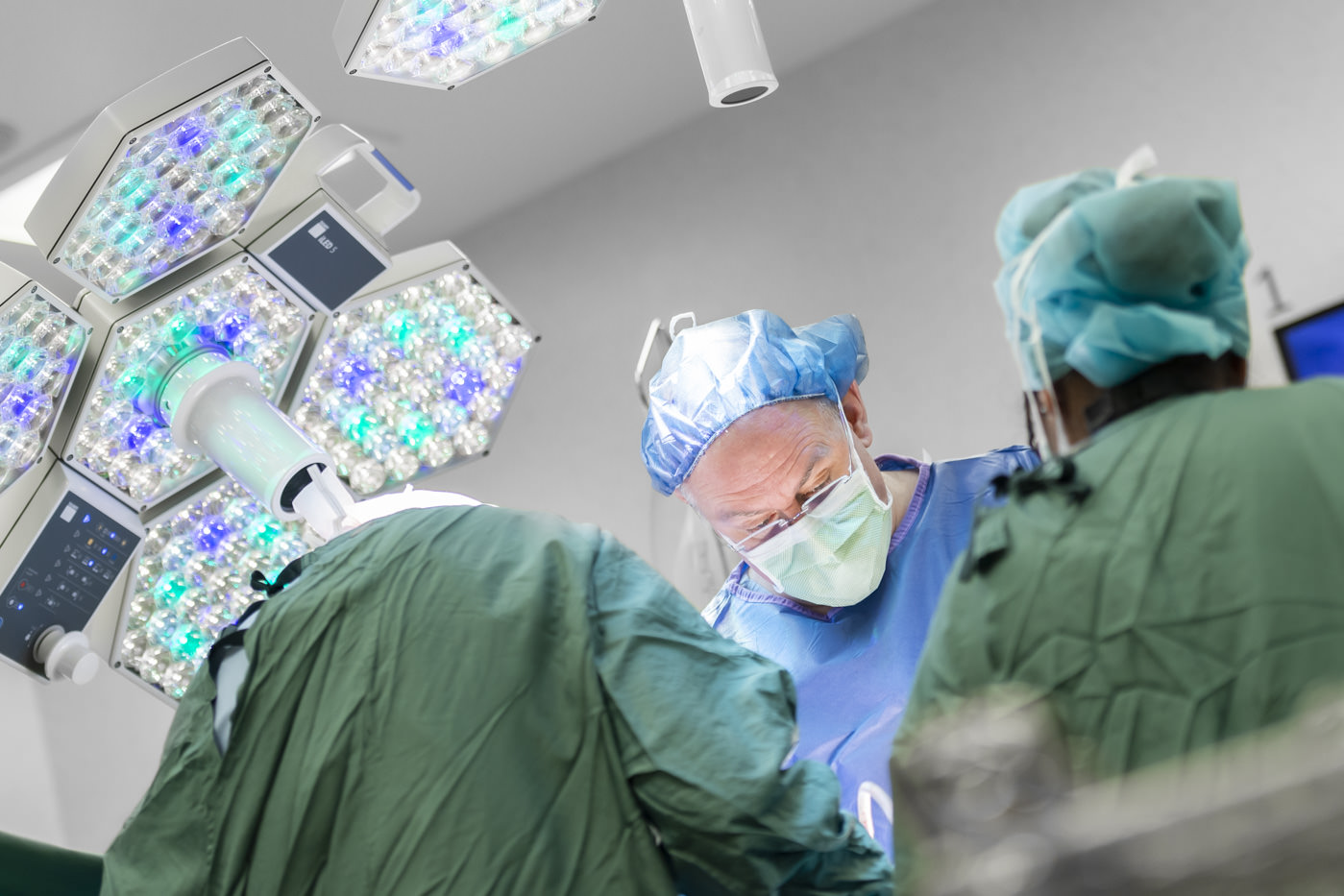
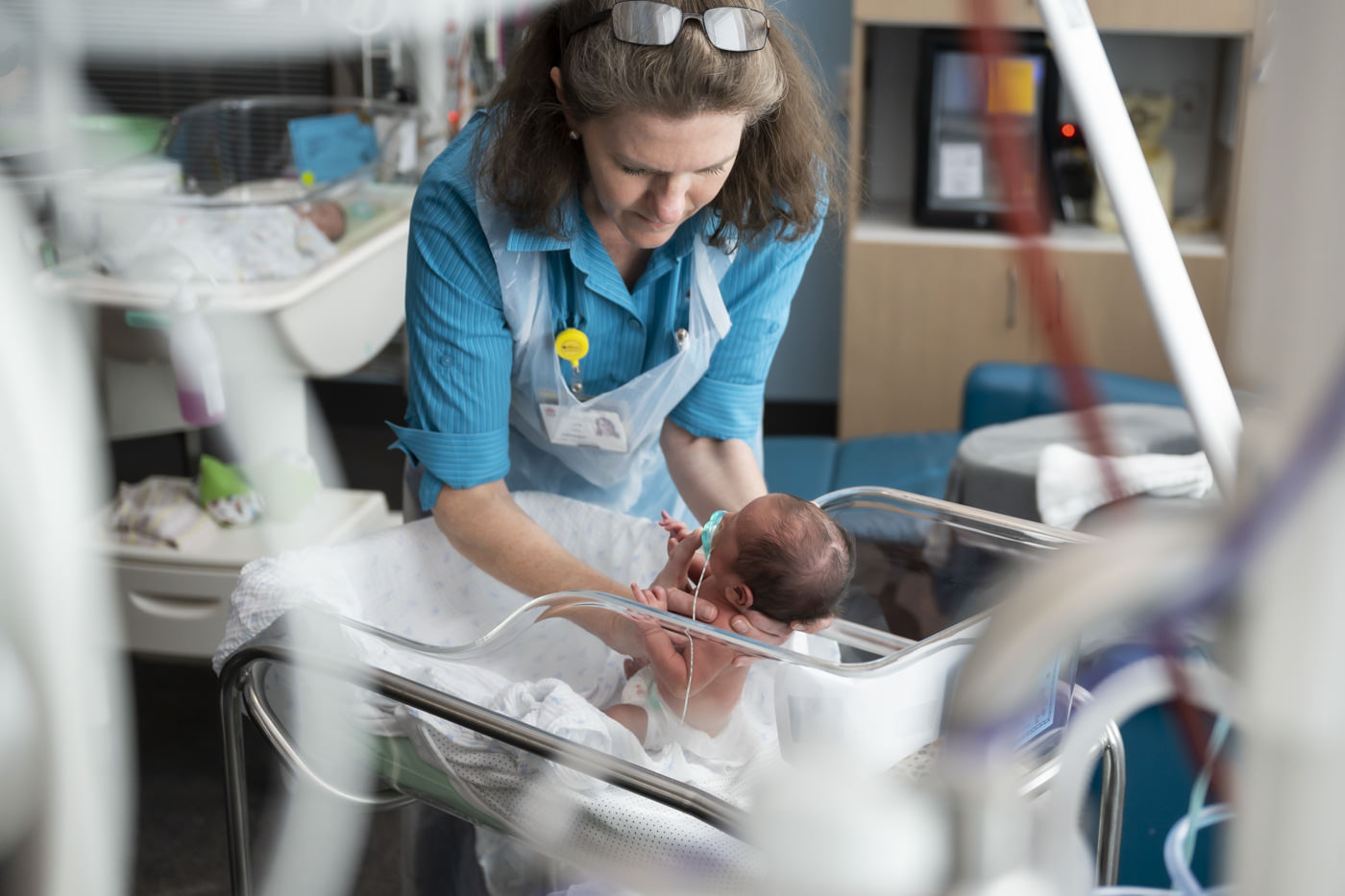
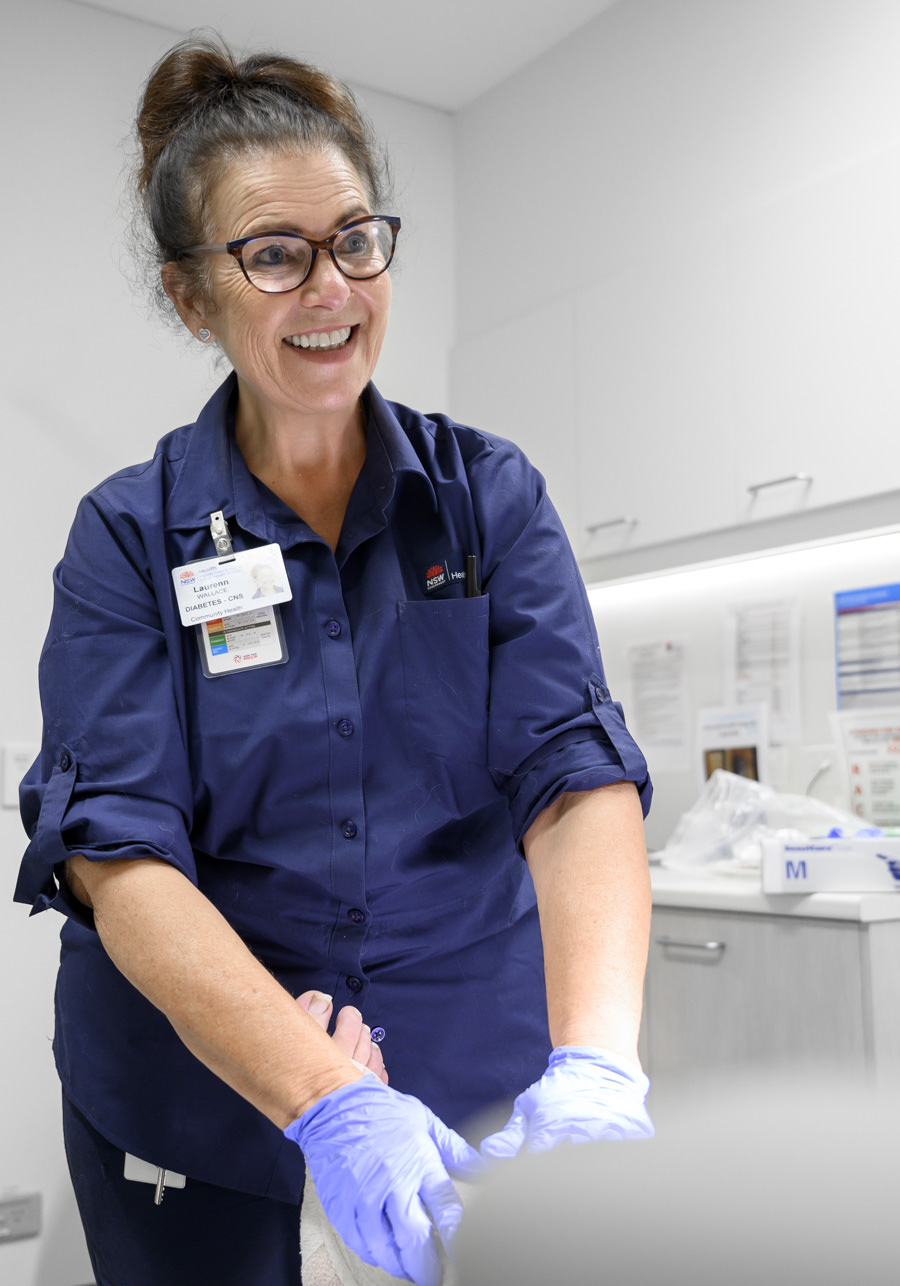
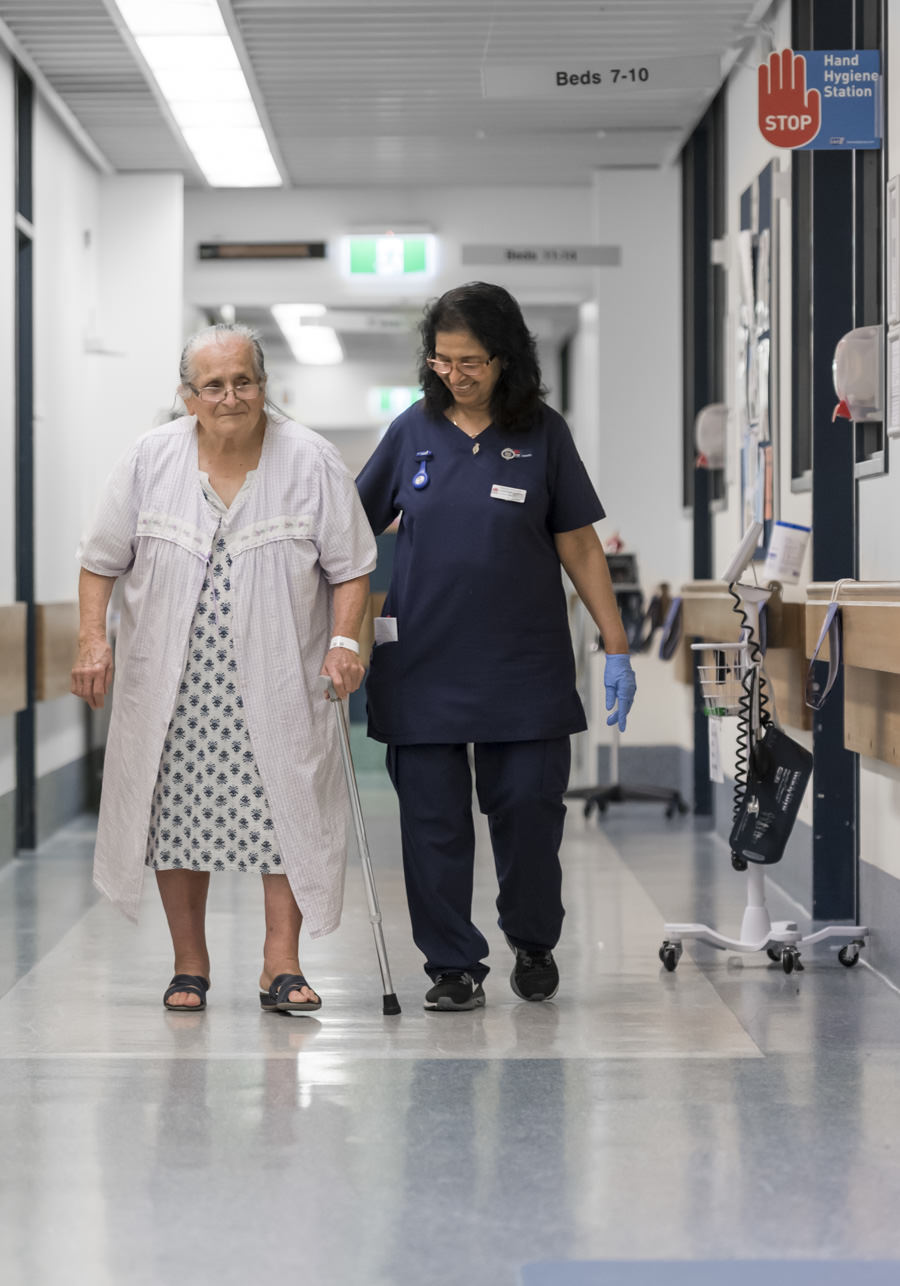
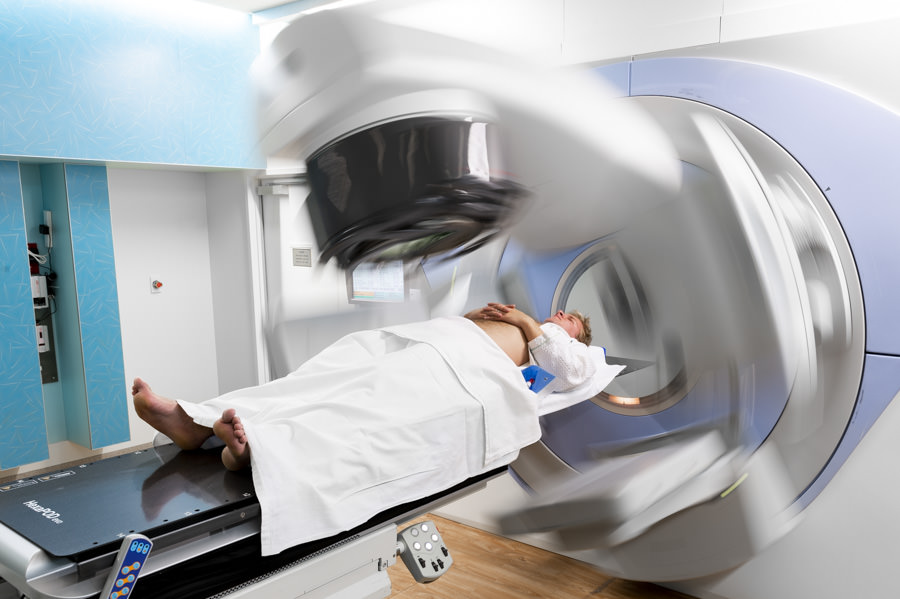
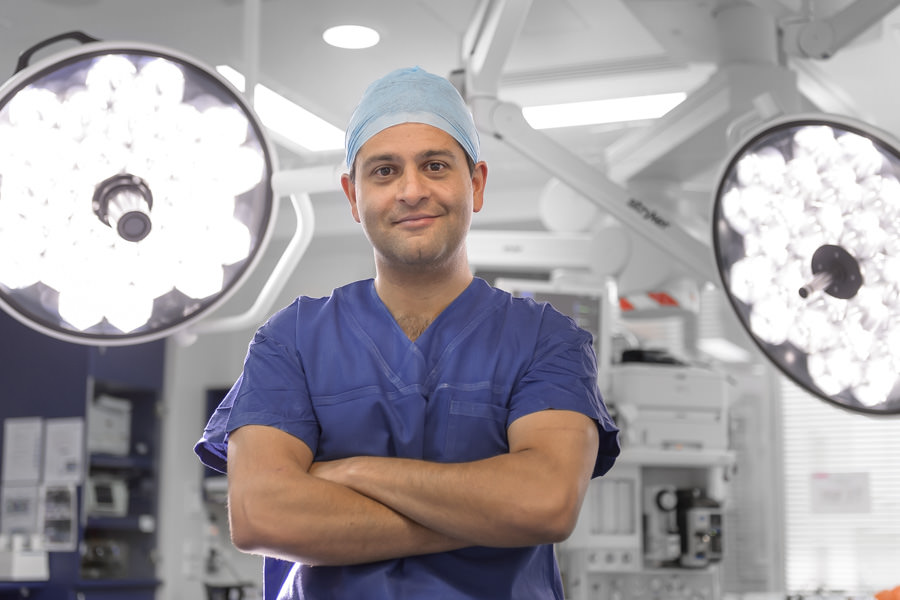
Challenging scenes, compelling shots
Medical and healthcare photography presents some of the most challenging situations to capture the right action at the right time. So, wherever you need shots at a medical facility, it’s critical to engage a photographer who understands the environment and respects patient privacy. With so much medical work experience, I’ve learned how to embed myself in the most hectic, most sensitive situations, getting great shots without getting in the way.
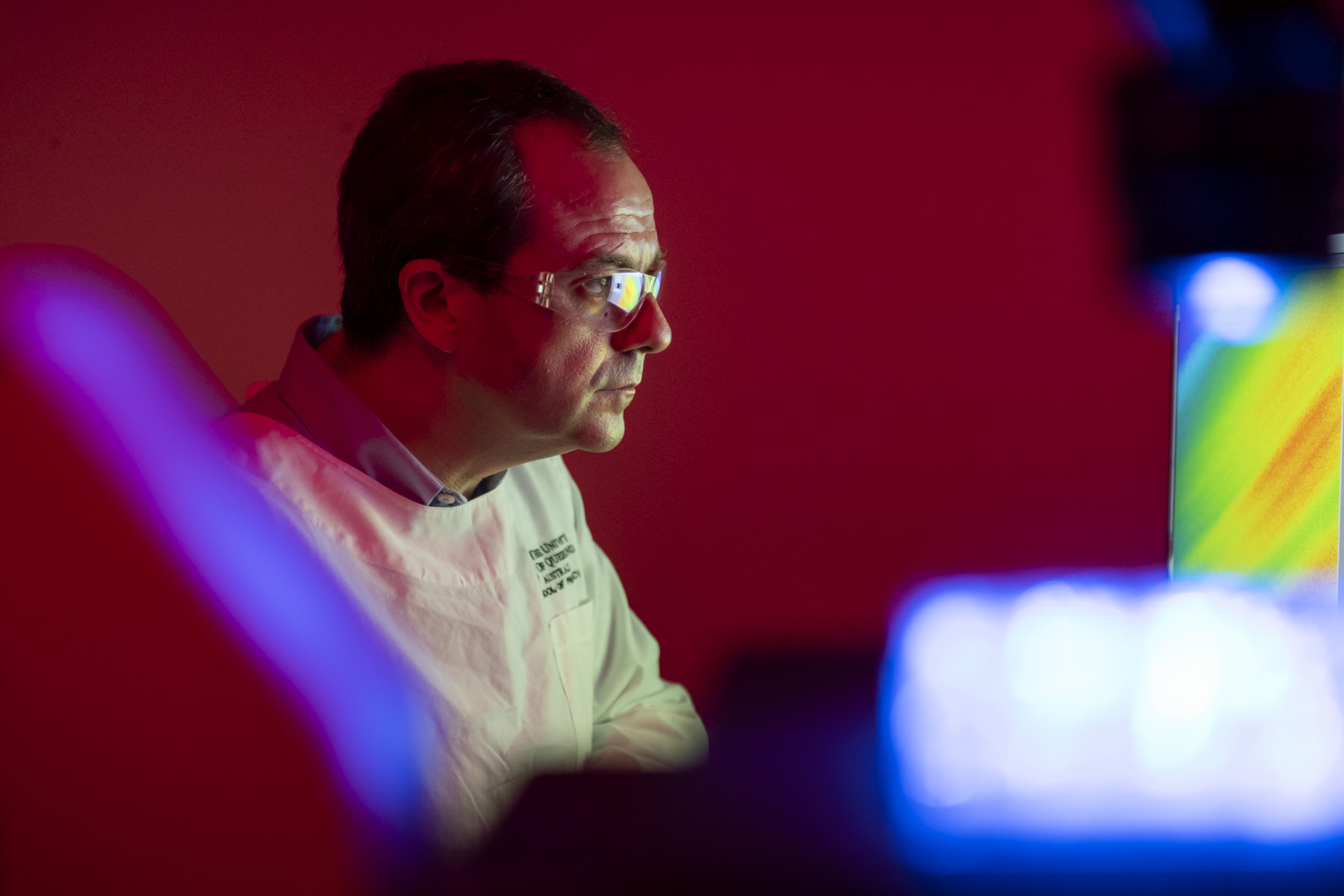
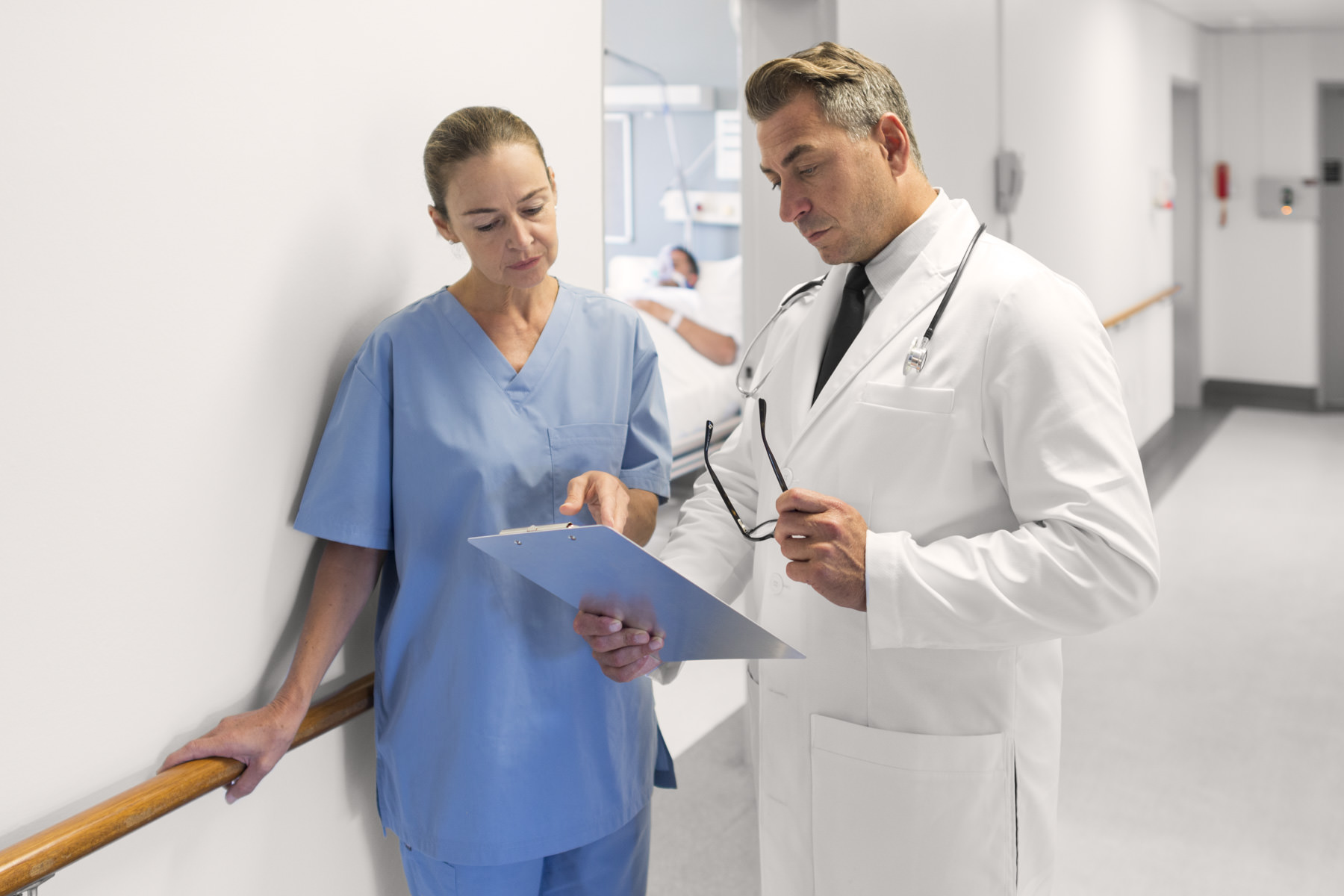
Authentic staged scenarios
If the medical scenario you need to shoot is simply not possible in a real-life situation, please chat with me about staging the scene. It’s something I’ve been engaged to do many times by healthcare institutions across Australia, re-creating operations, consultations and other key medical moments. I believe that all corporate photographer should be authentic. Still, it’s especially critical that medical and healthcare photography feels truly genuine and is taken seriously.
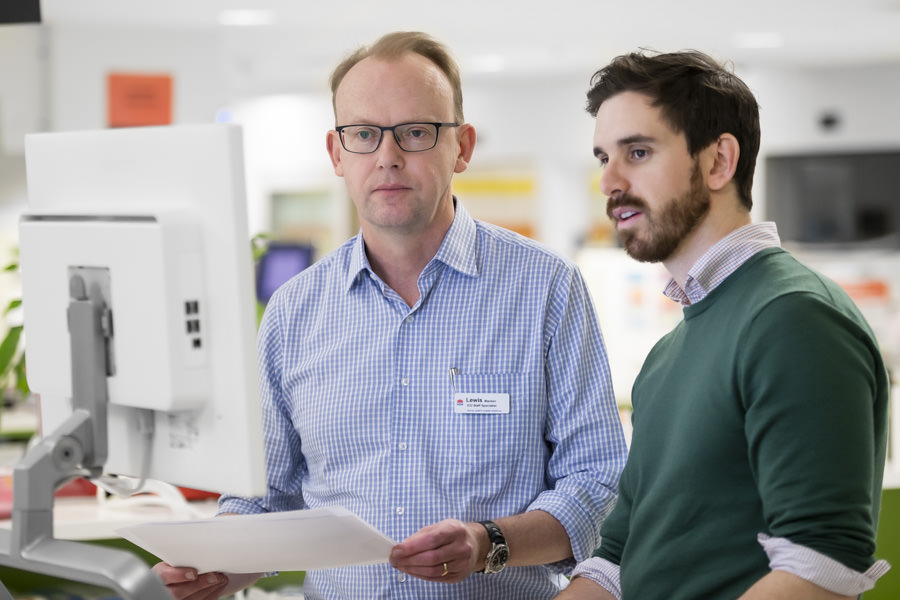
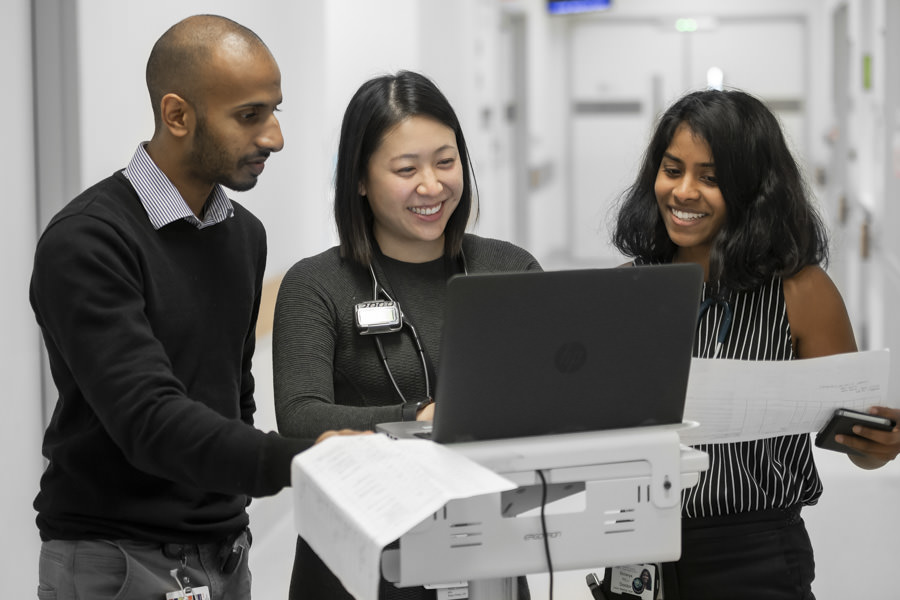
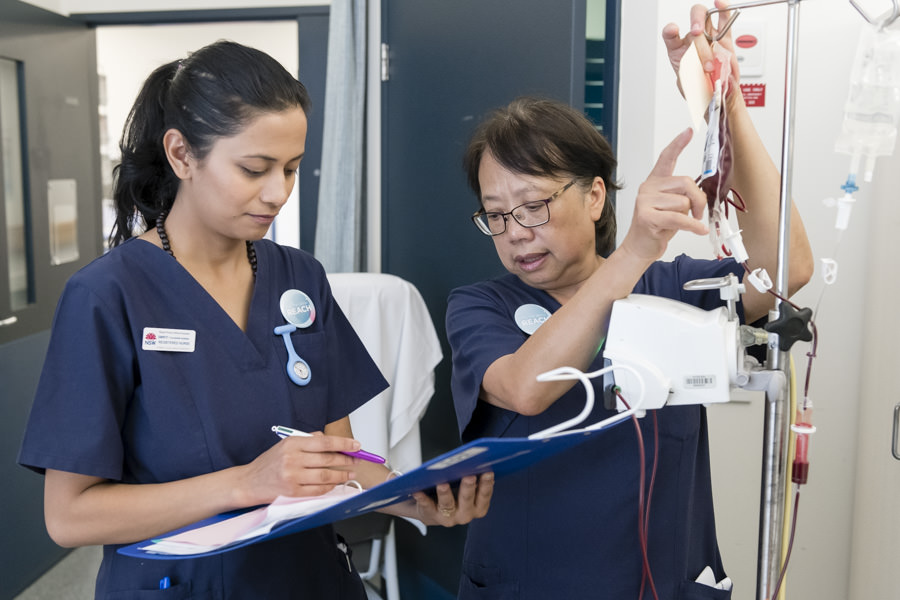
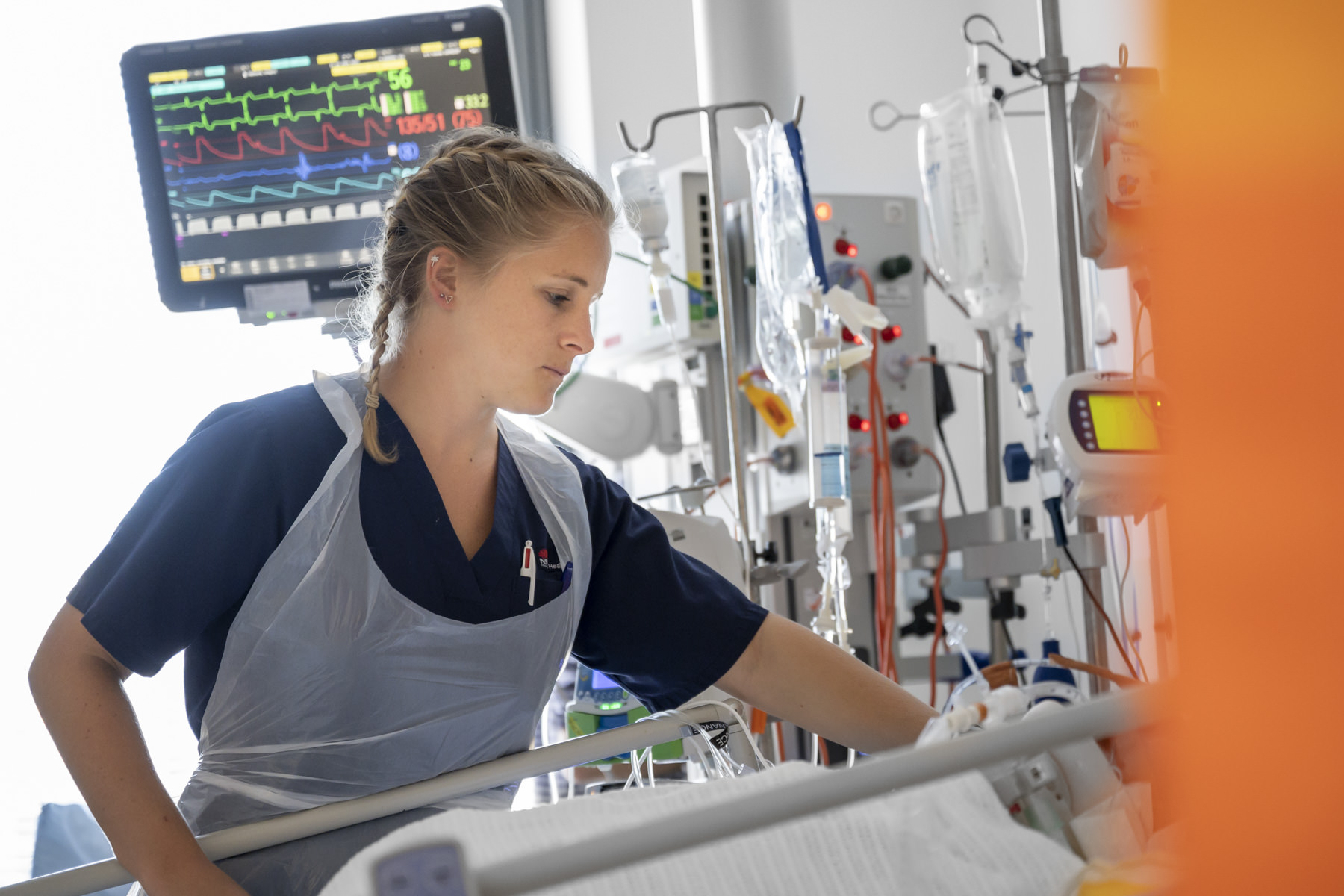
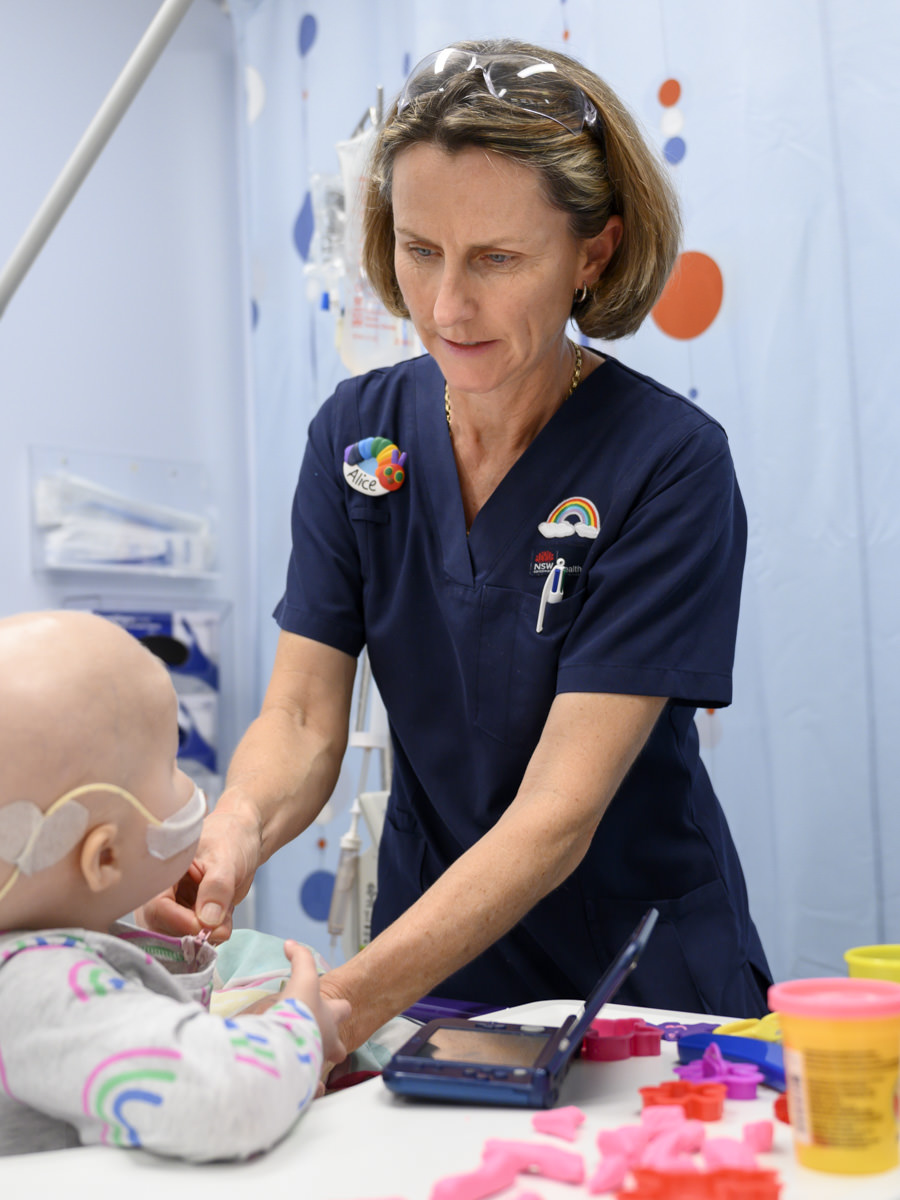
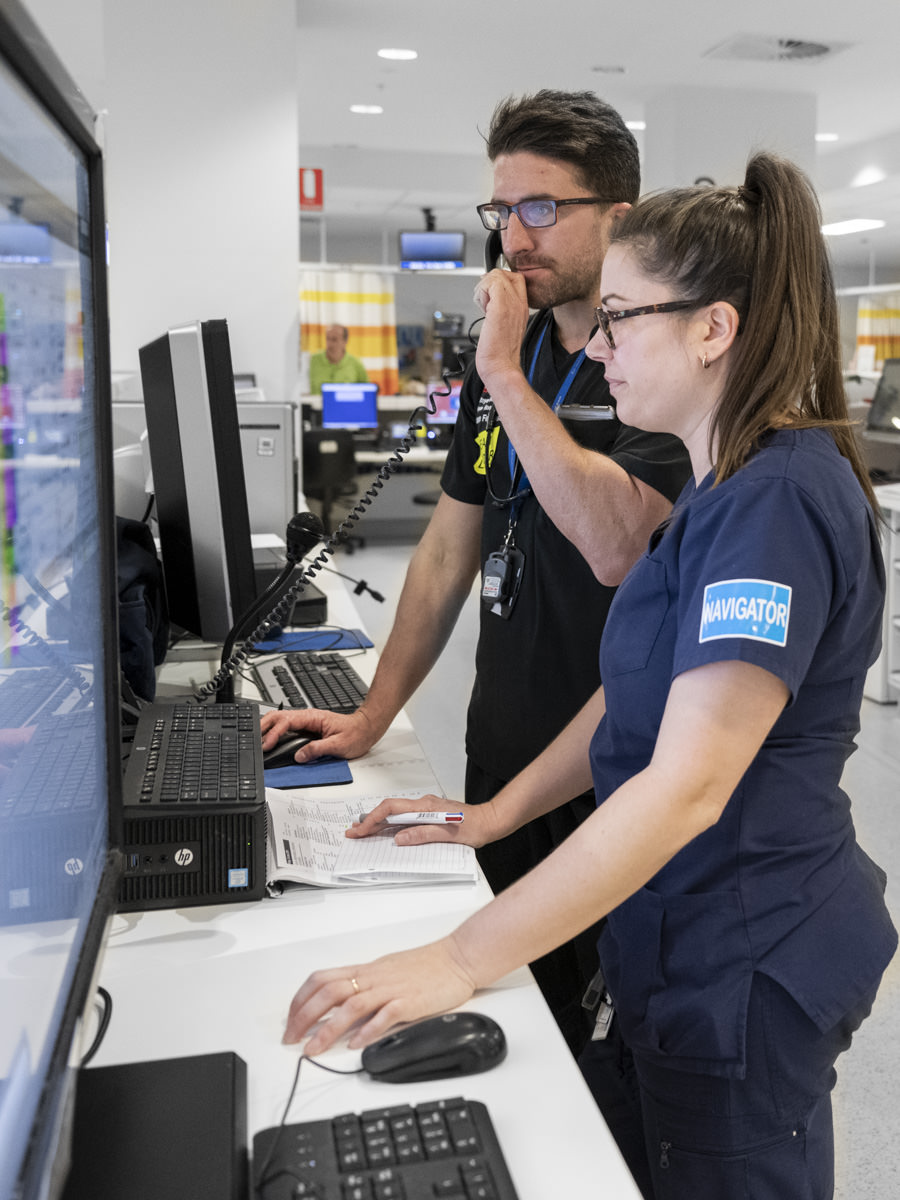
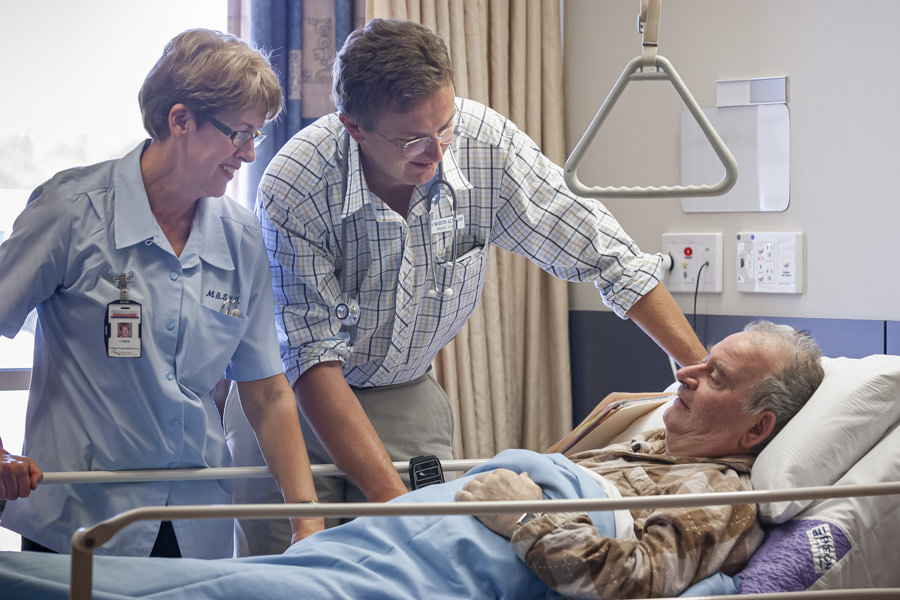
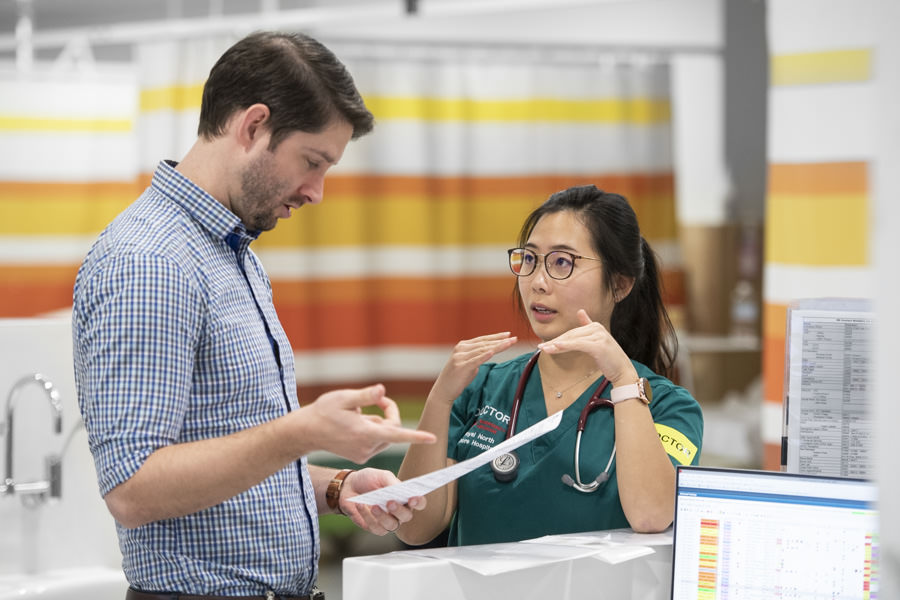
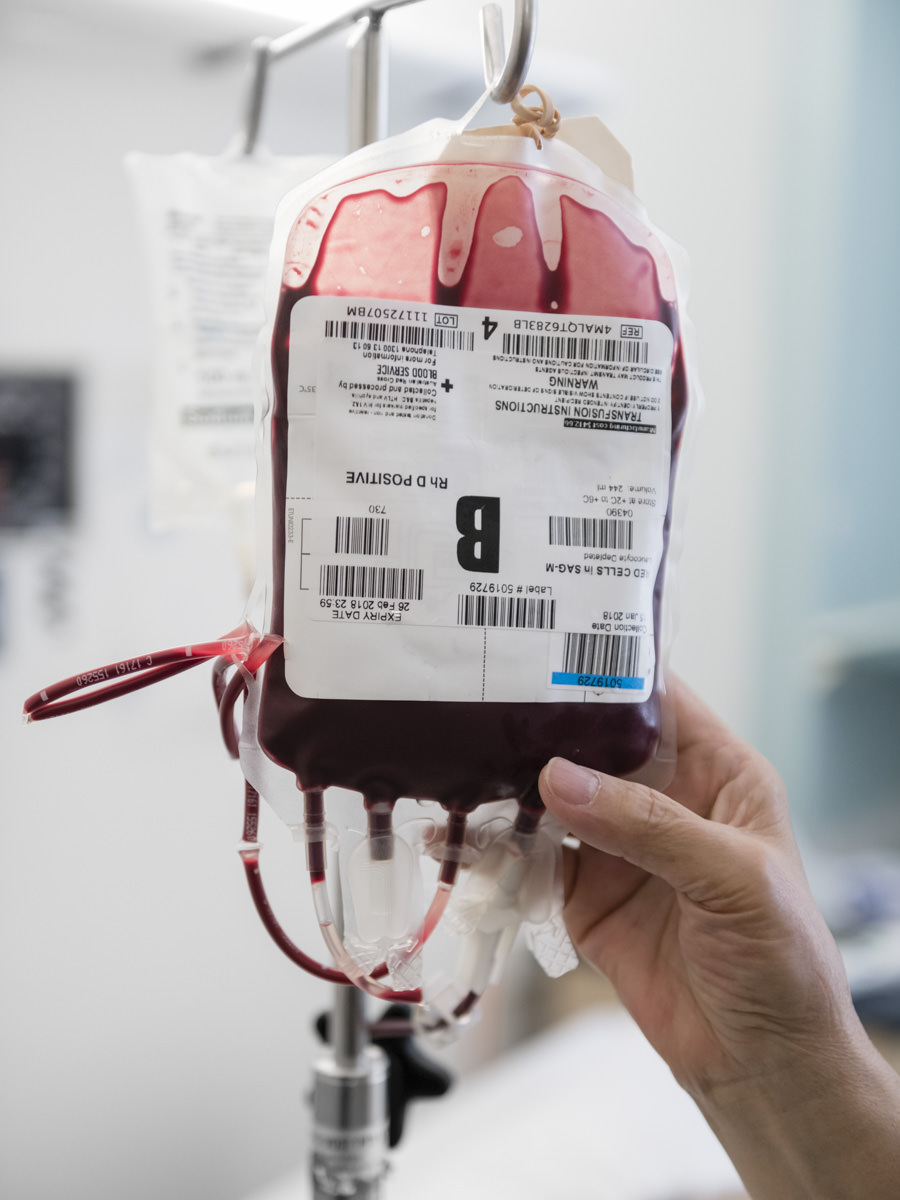
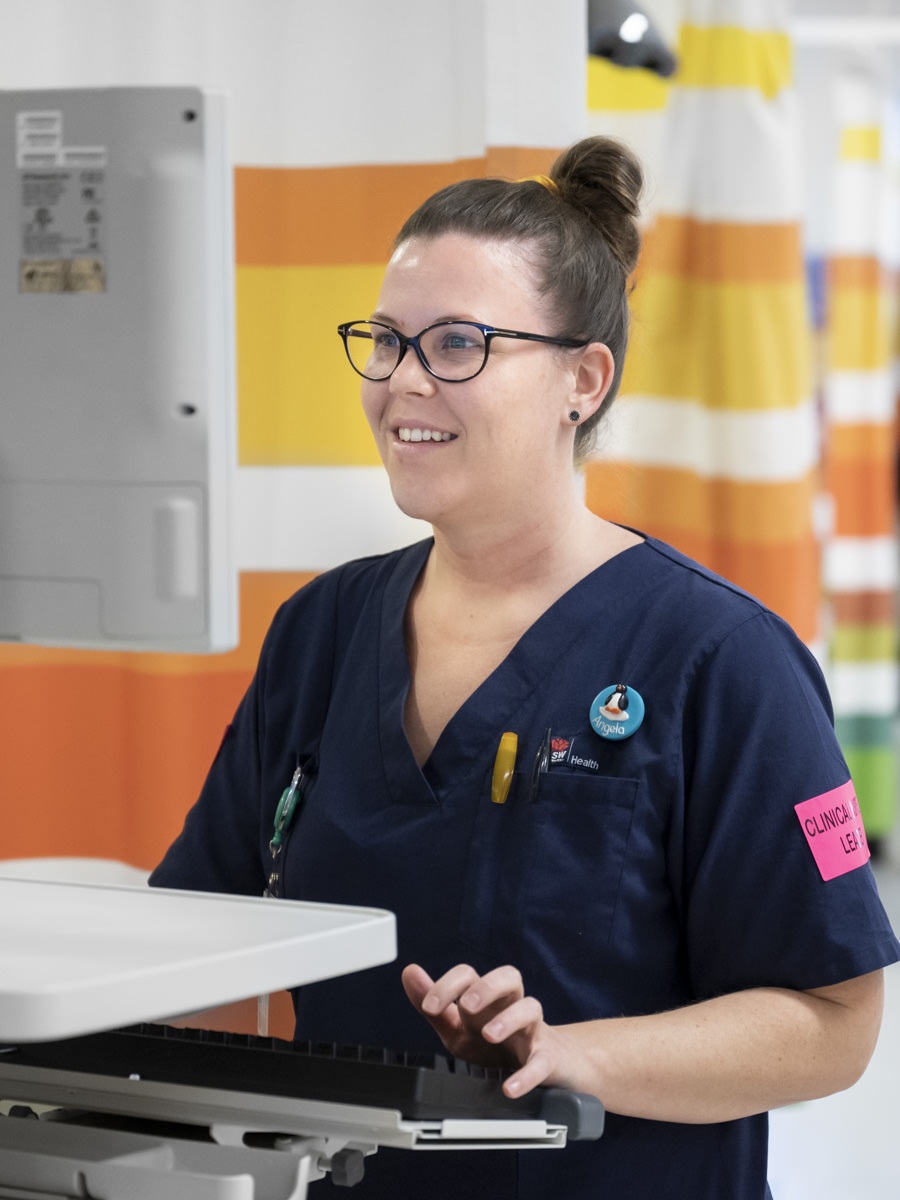
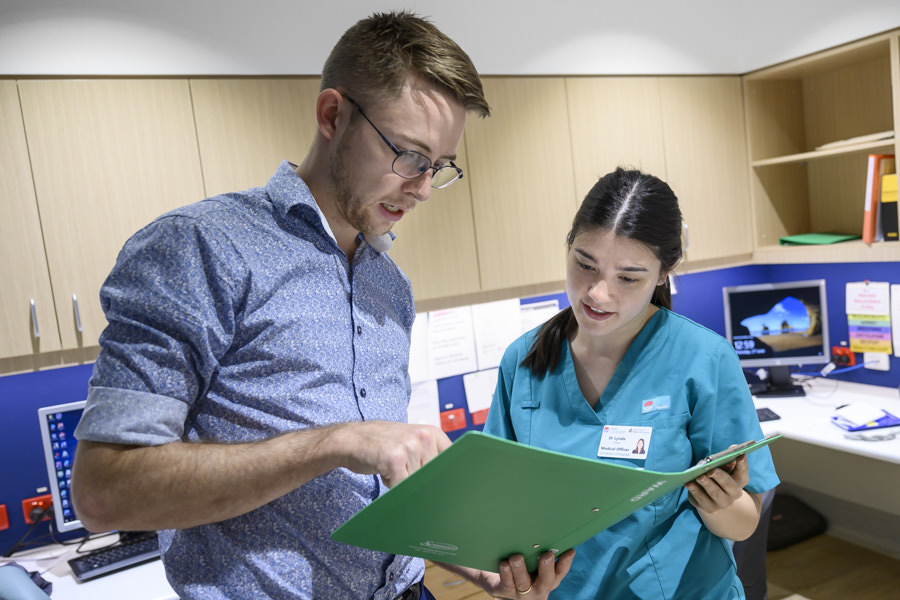
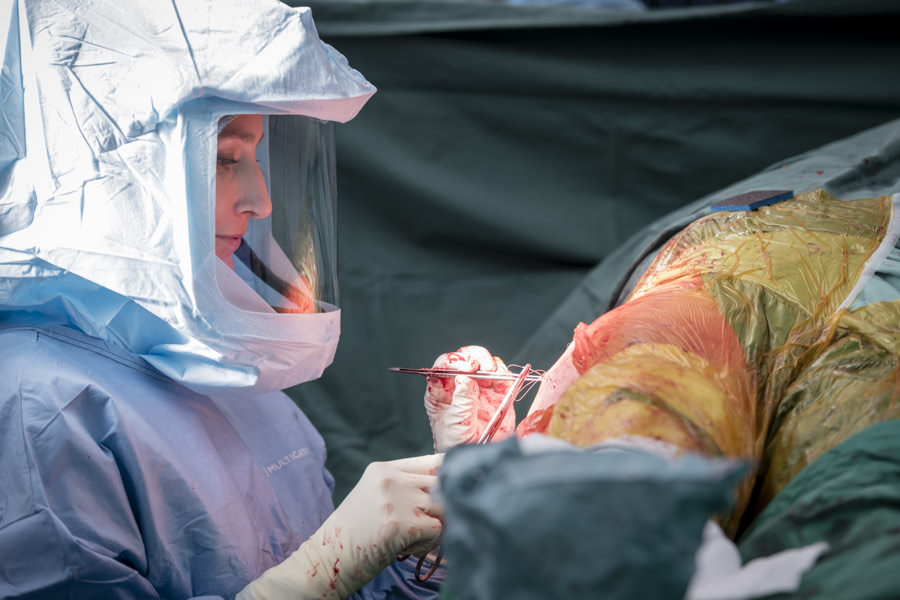
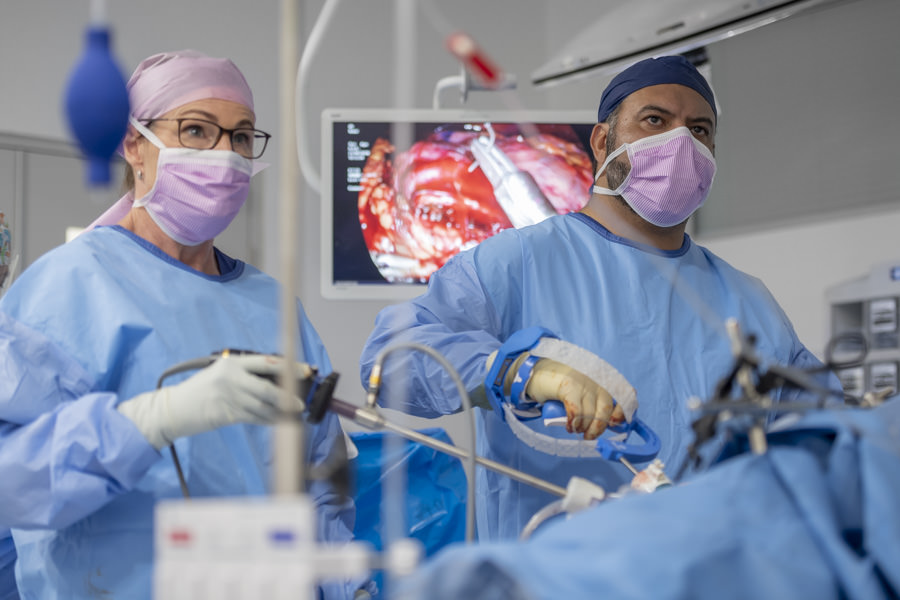
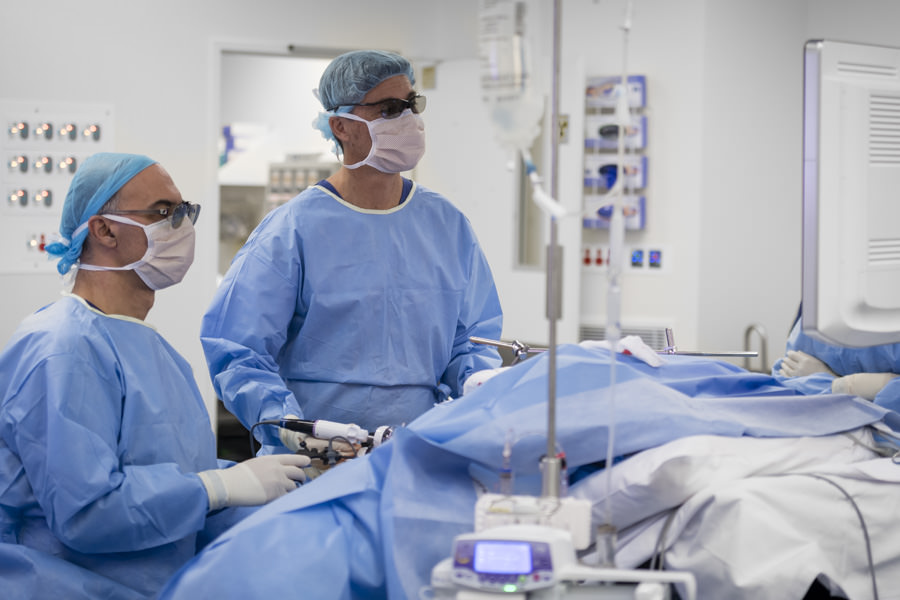
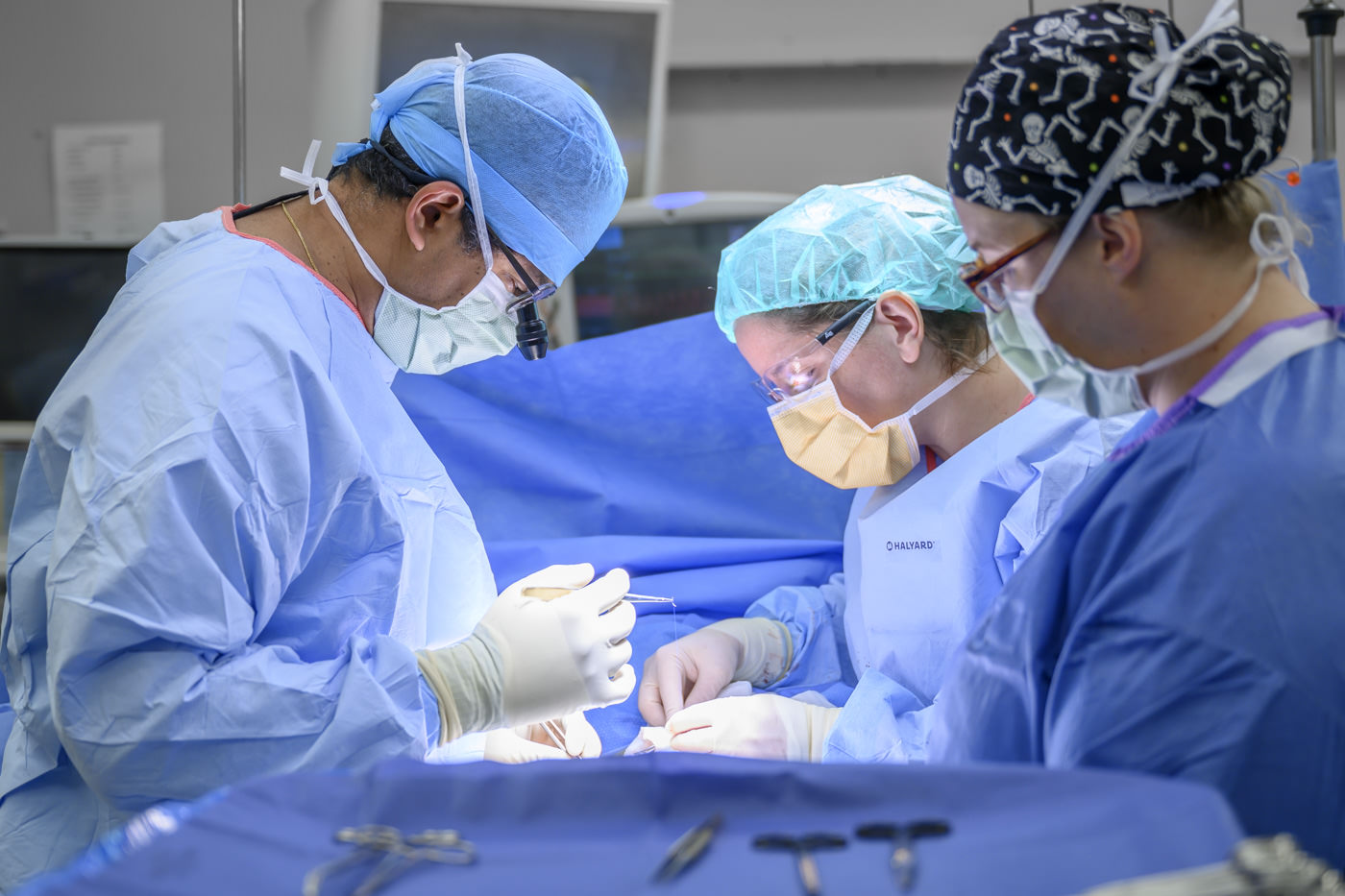
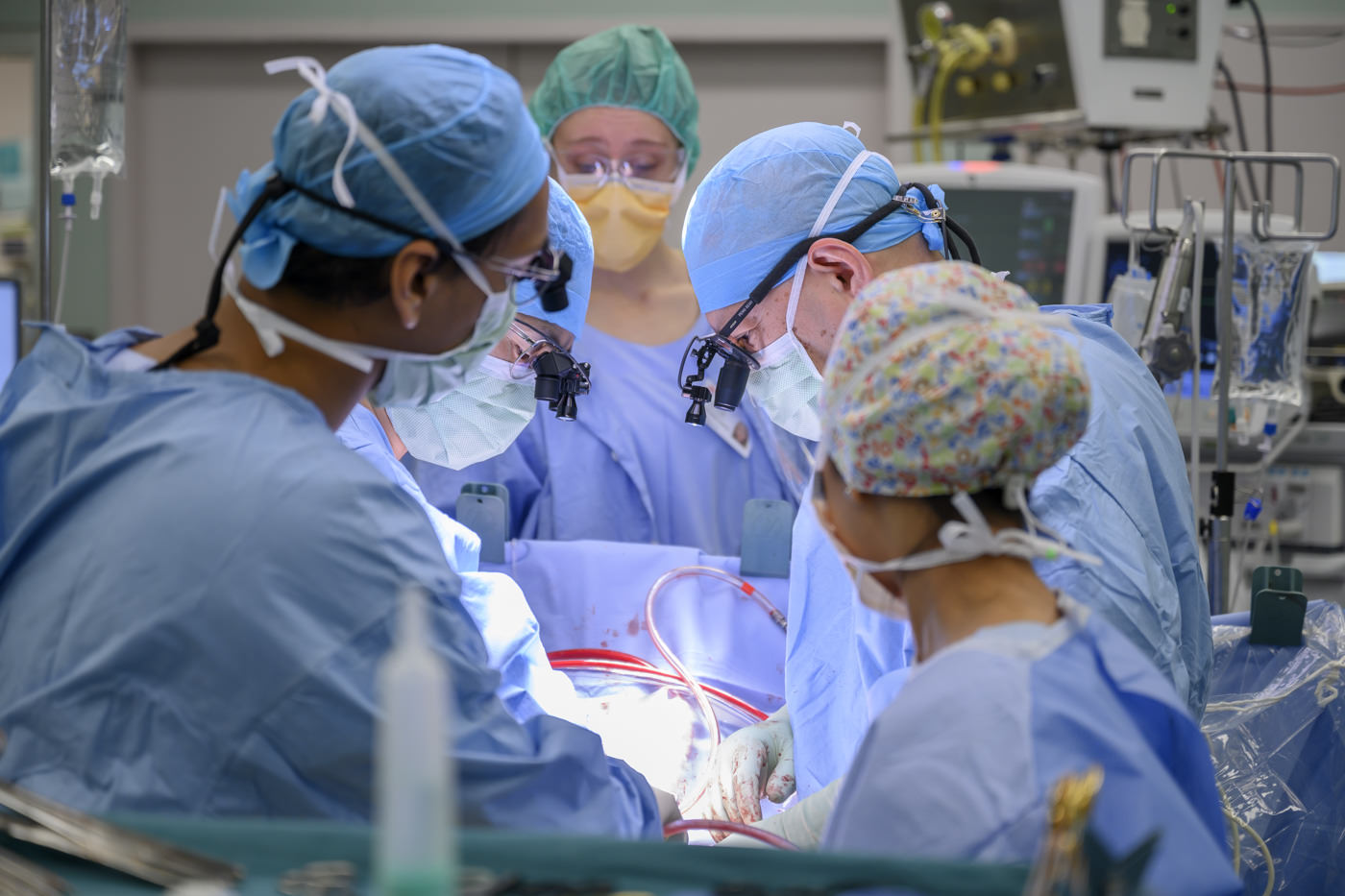
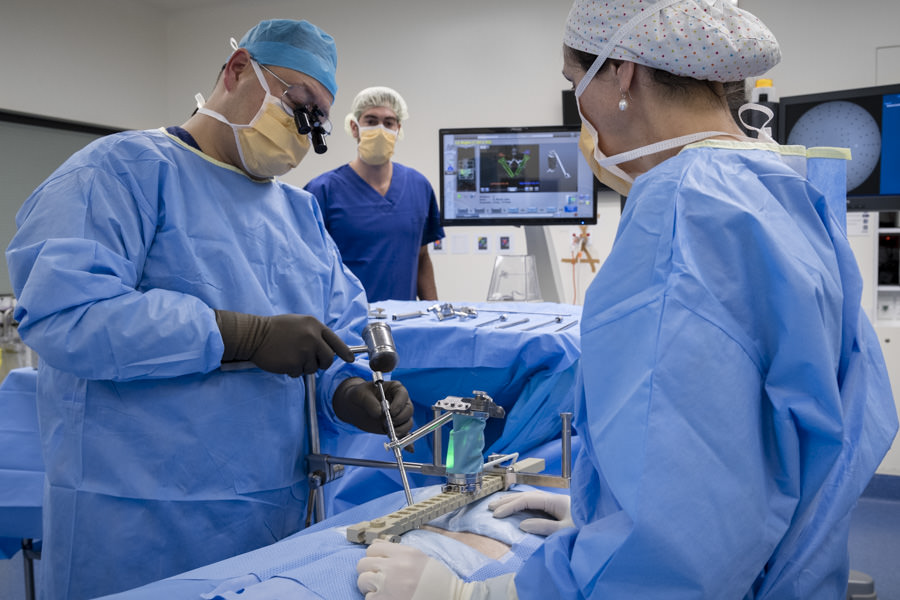
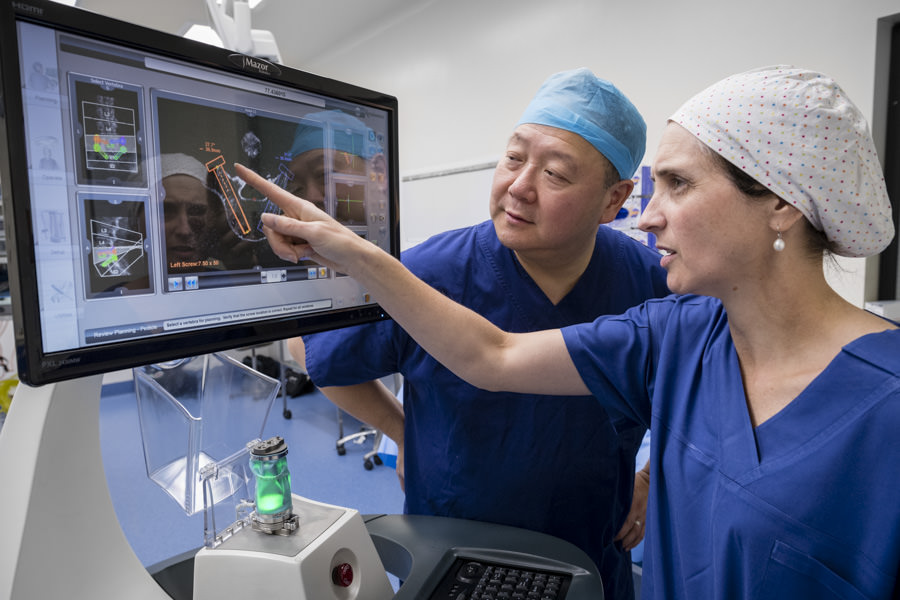
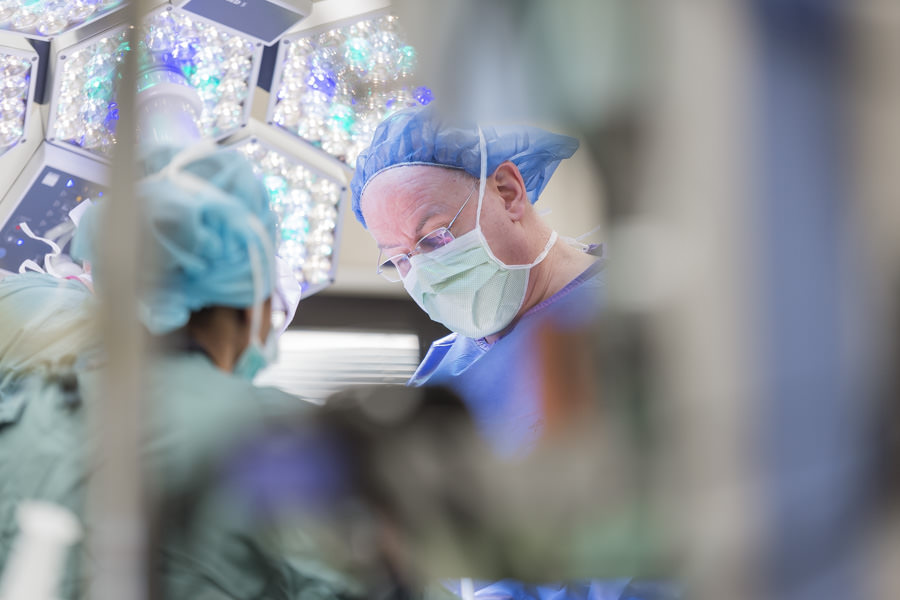
Medical research locations
I’ve been lucky enough to visit and photograph at some of Australia’s leading research facilities, including the Translational Research Institute in Brisbane, Garvan Institute, in Sydney and Peter MacCallum Cancer Centre in Melbourne. These facilities and the people who work at them do some amazing and vital work. The medical and healthcare photography I take ends up in research reports and fundraising material, so it’s essential that shots accurately represent the important work being done.
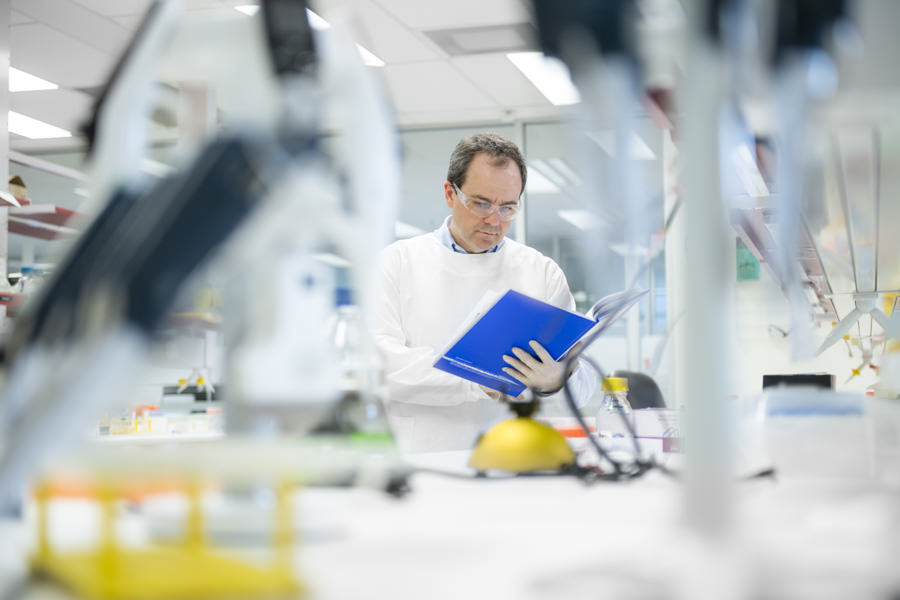
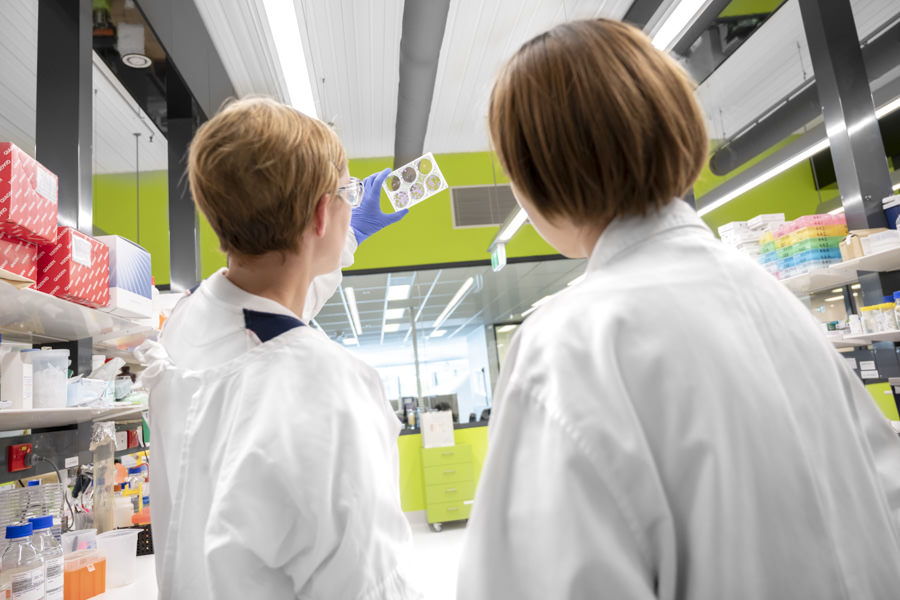
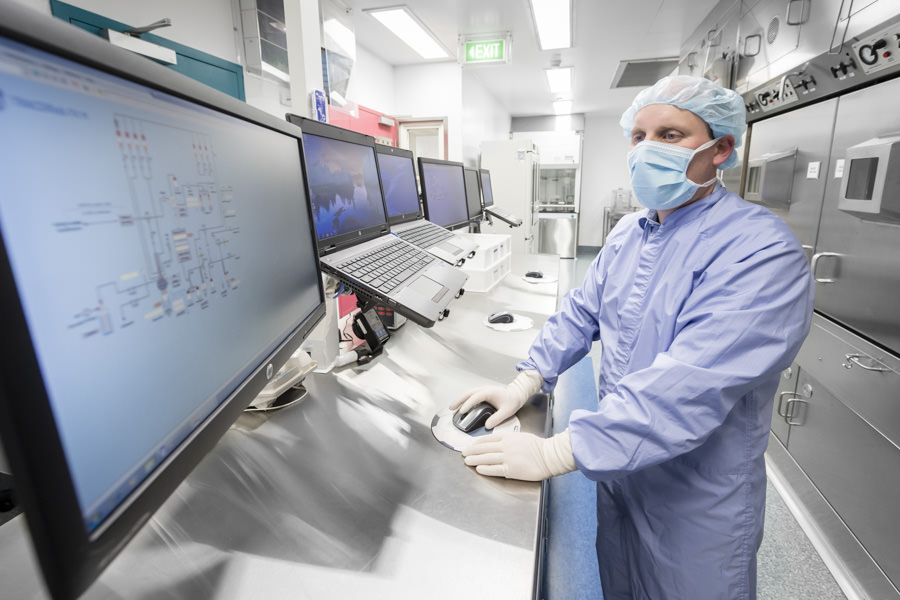
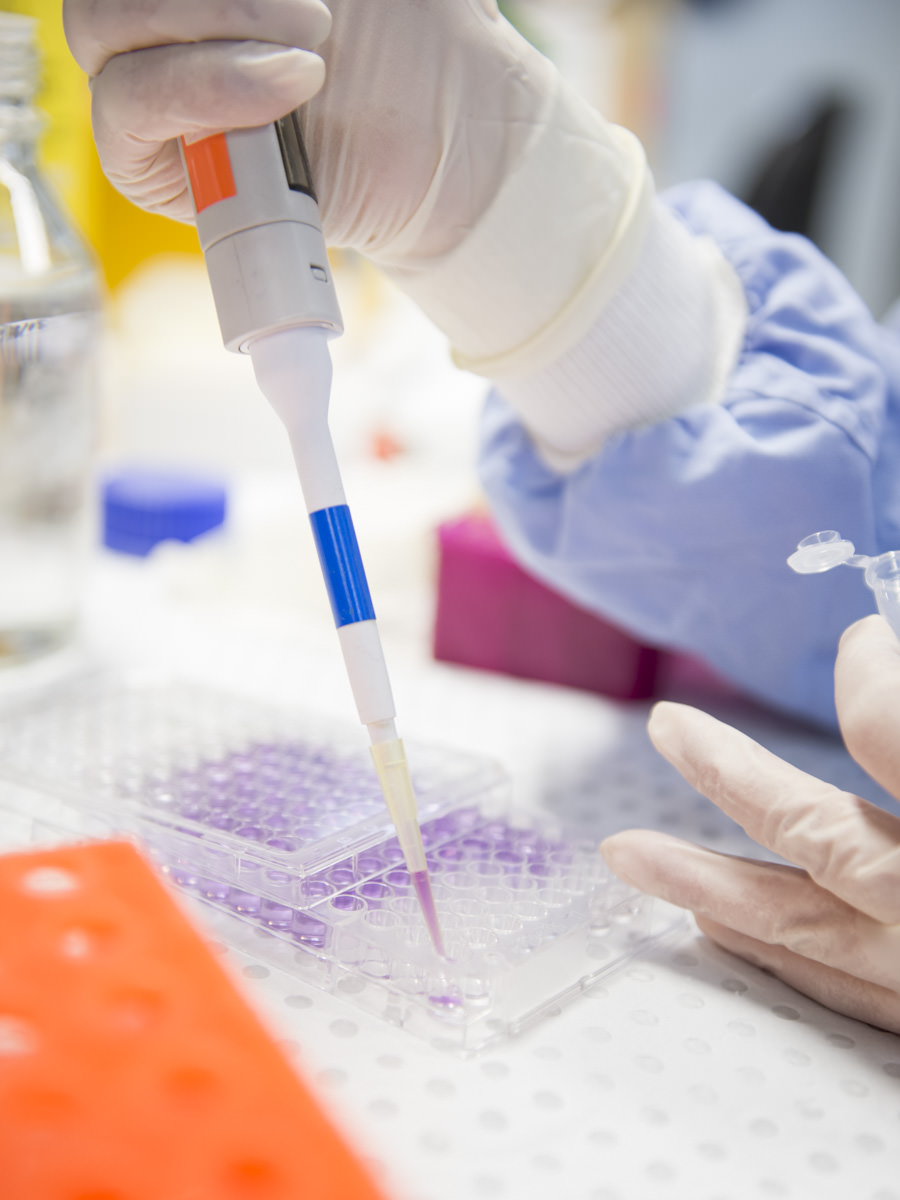
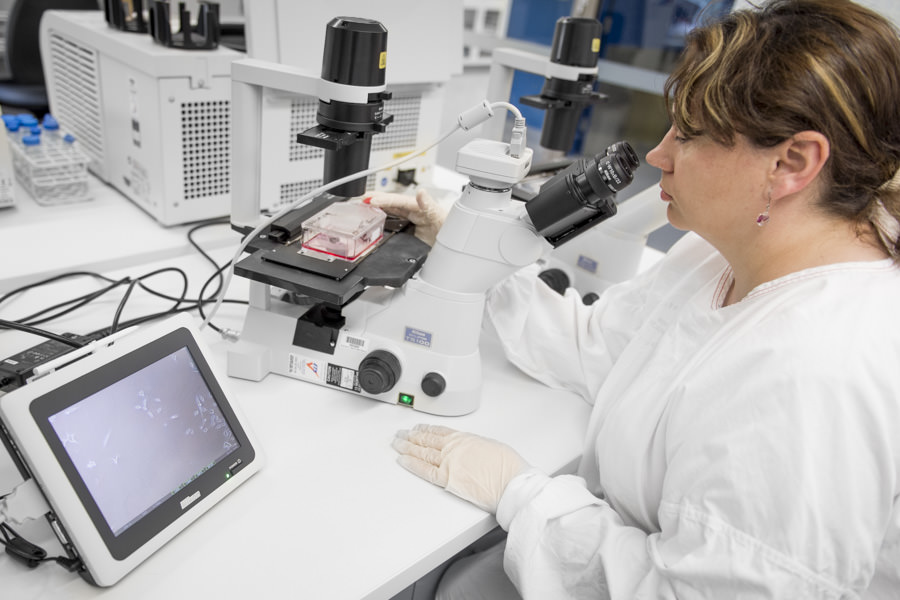
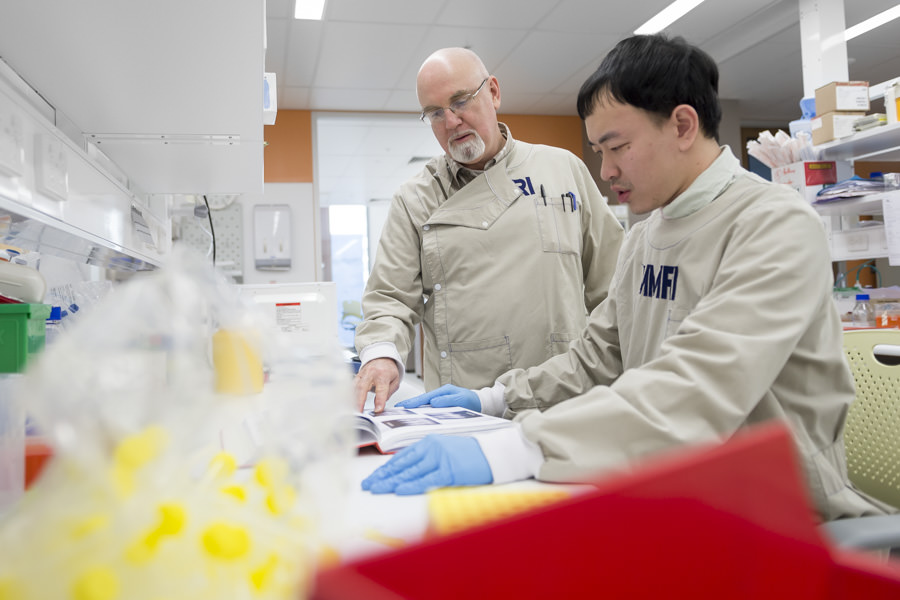
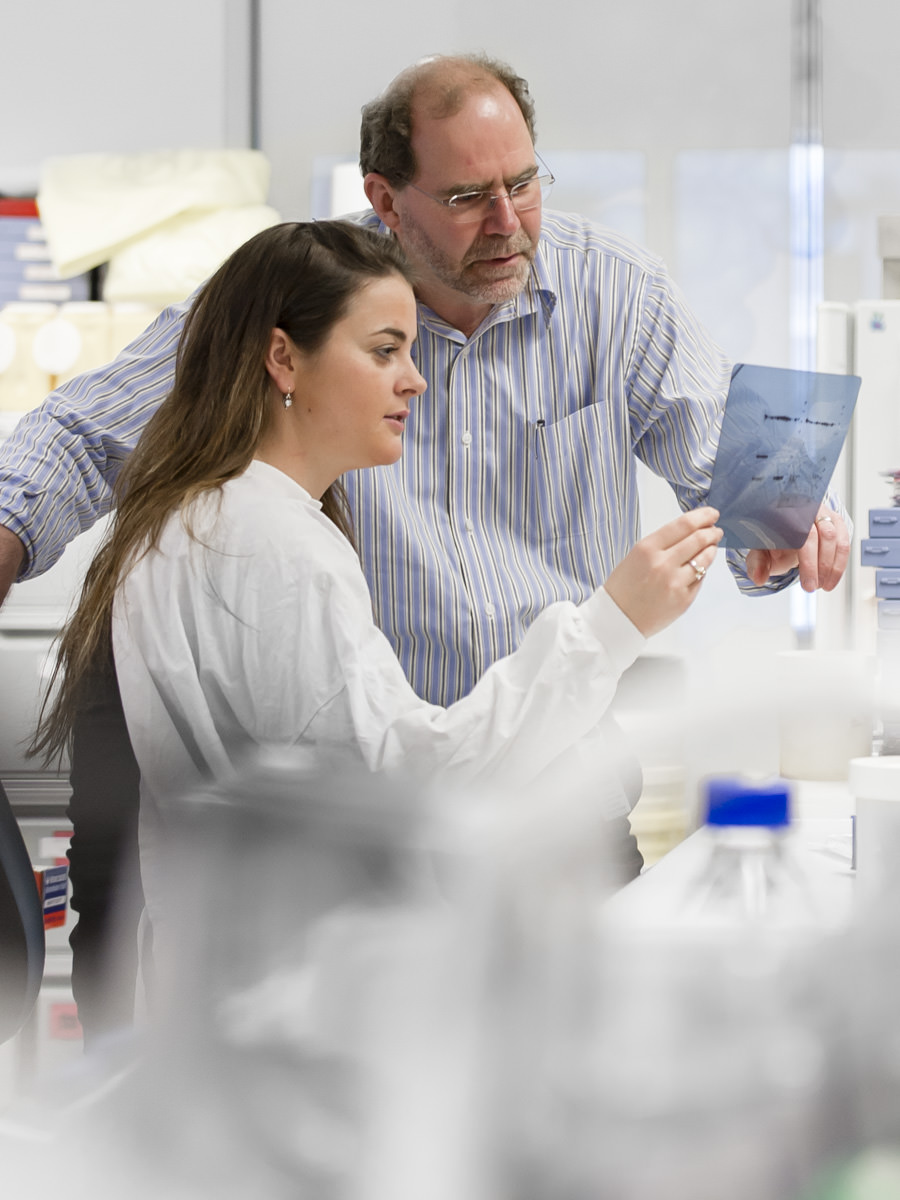
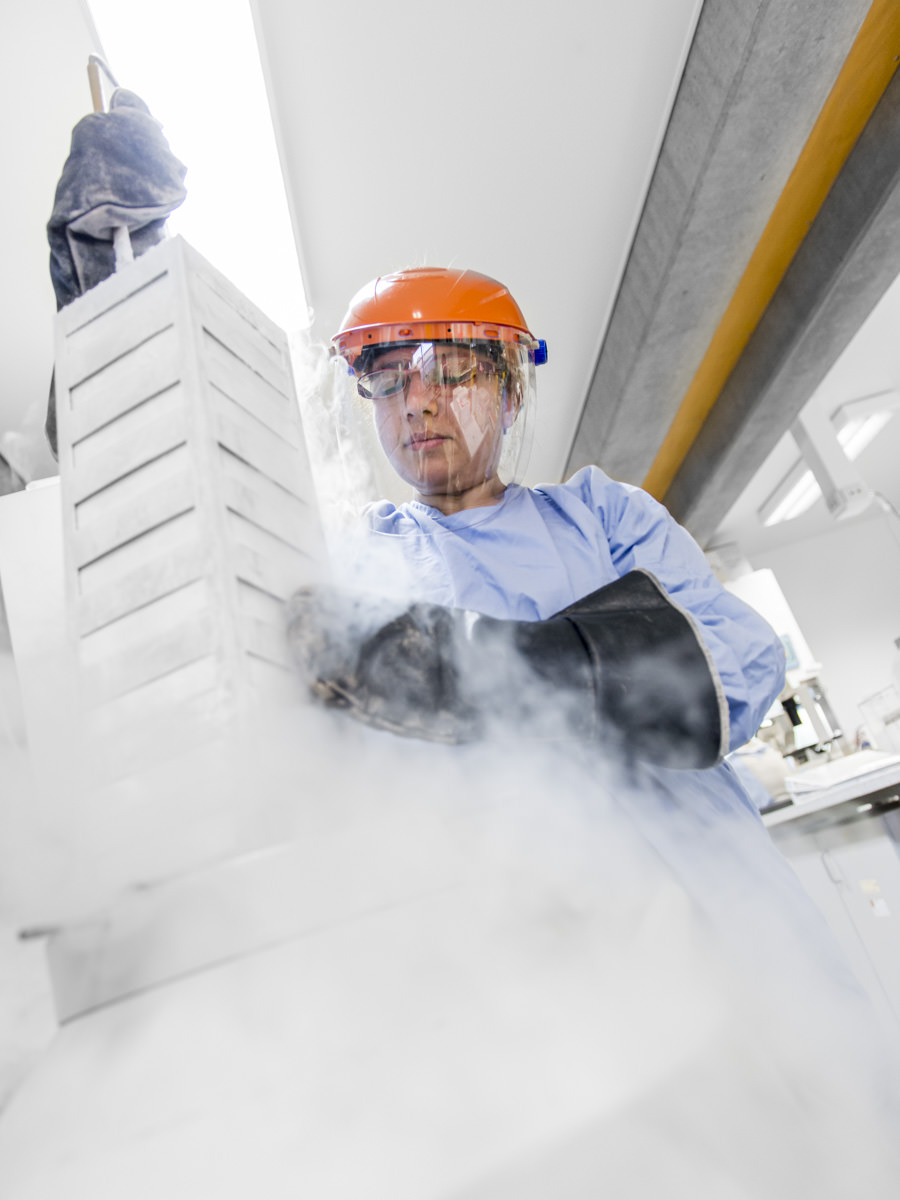
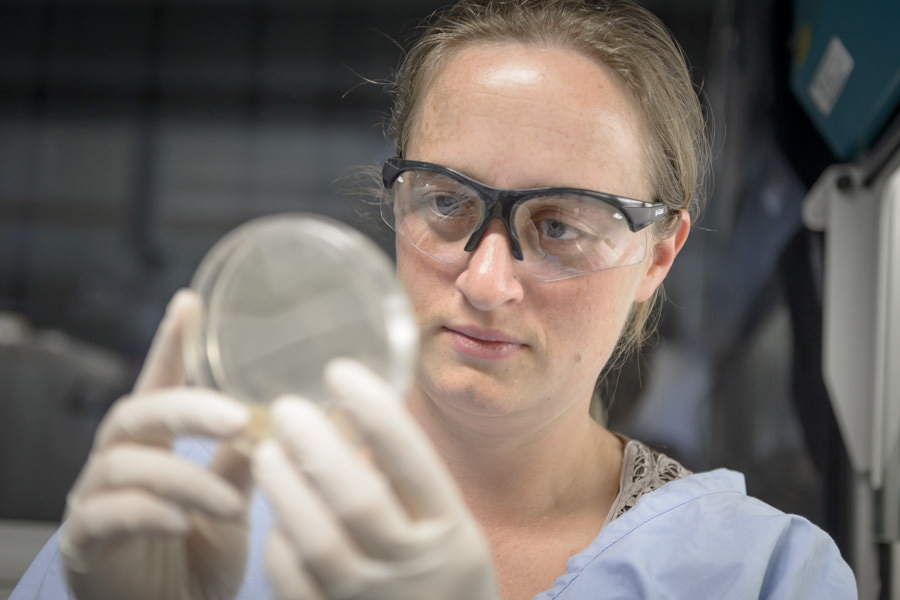
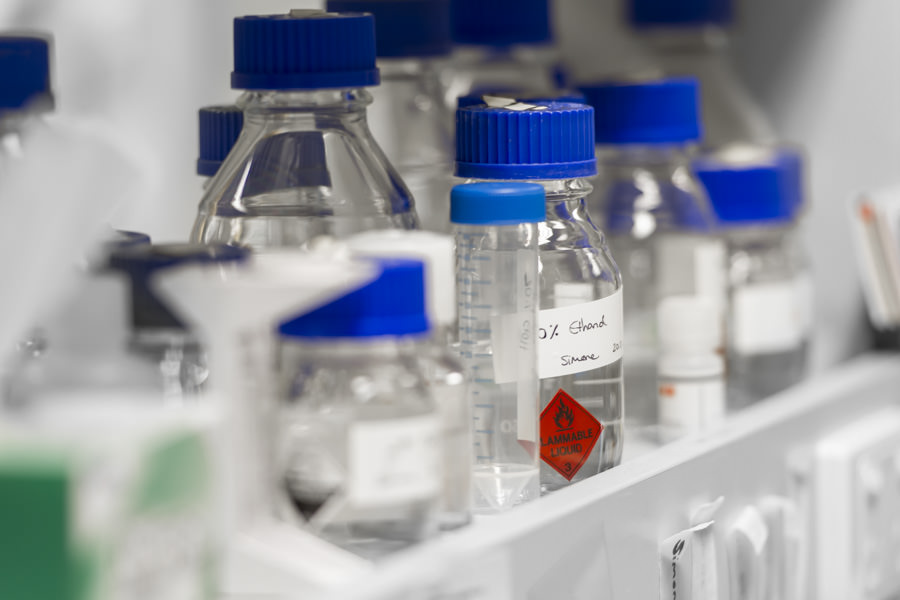
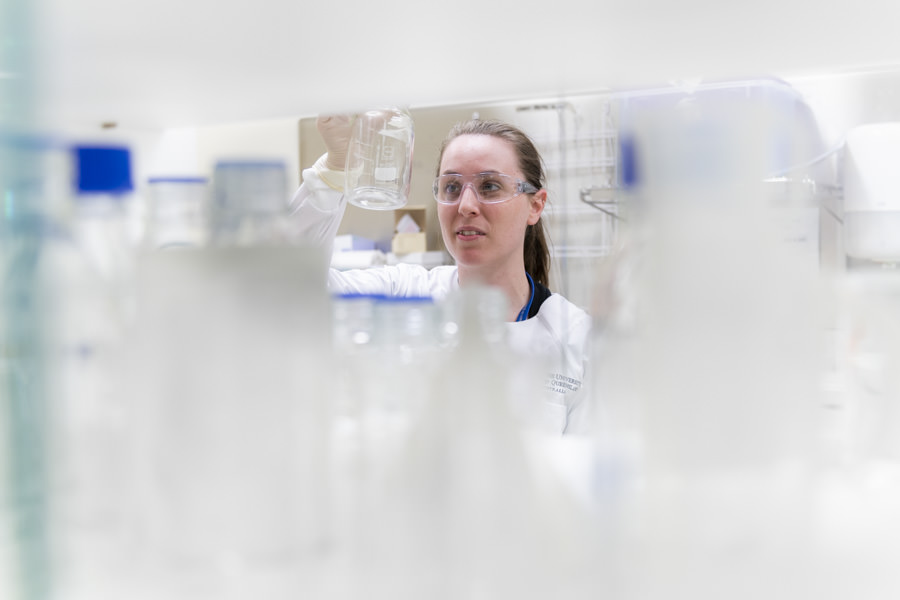
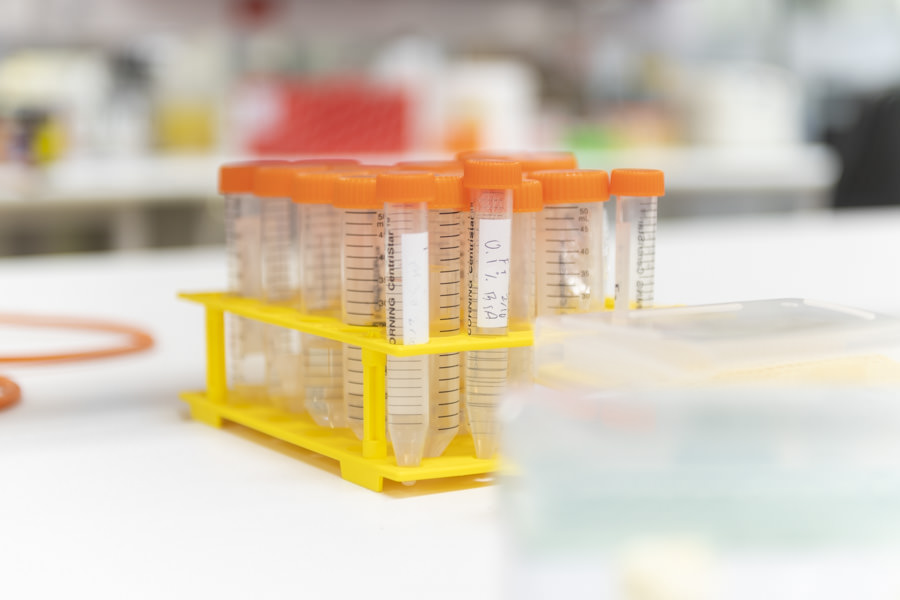
Experience that counts
With 30 years of corporate communications experience in roles as a photographer and creative director, I fully understand the importance of delivering authentic medical and healthcare photography that truly captures the essence of the extraordinary work being done. I’ve worked on many projects in clinical, research and pharmaceutical environments. I’ve enjoyed working in some of Australia’s busiest hospitals and theatres, unobtrusively capturing medical moments with great care, compassion and respect for patient privacy.
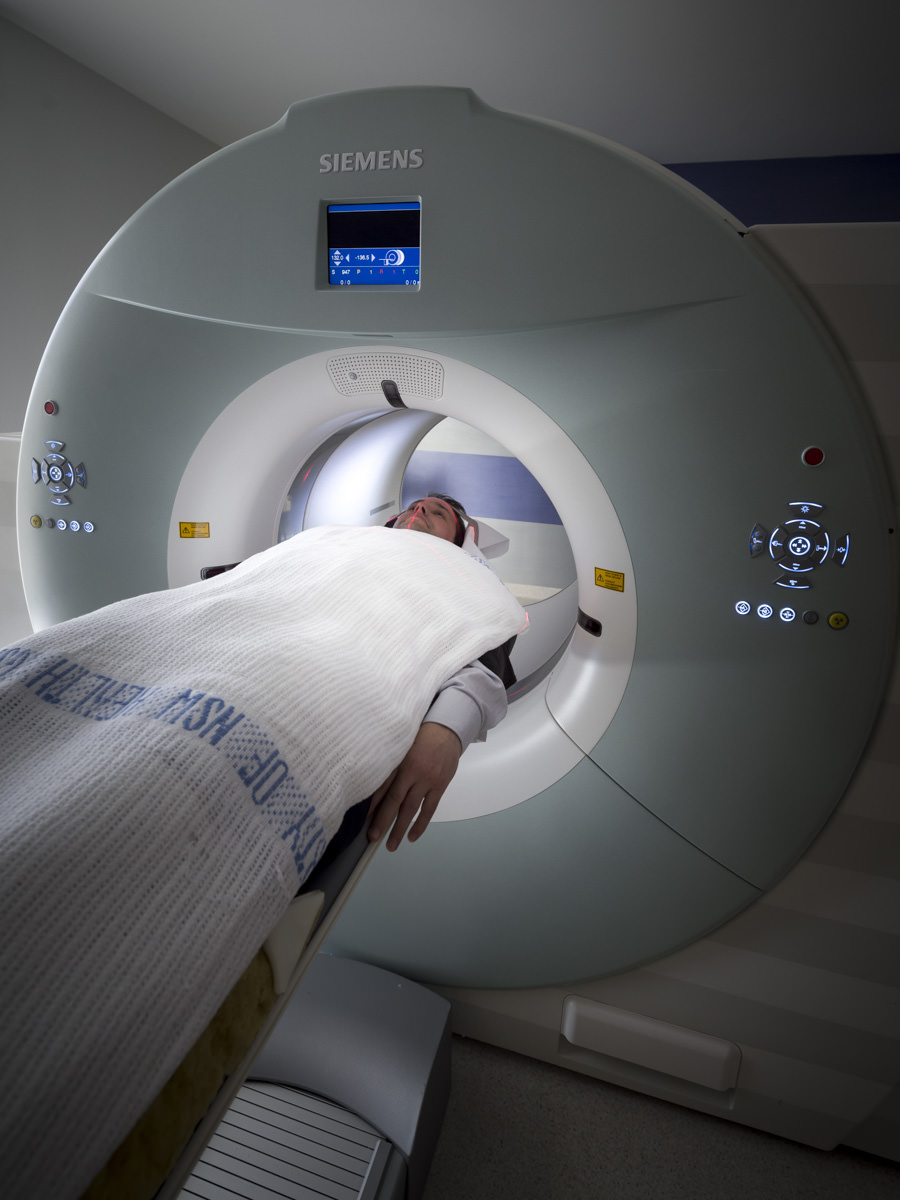
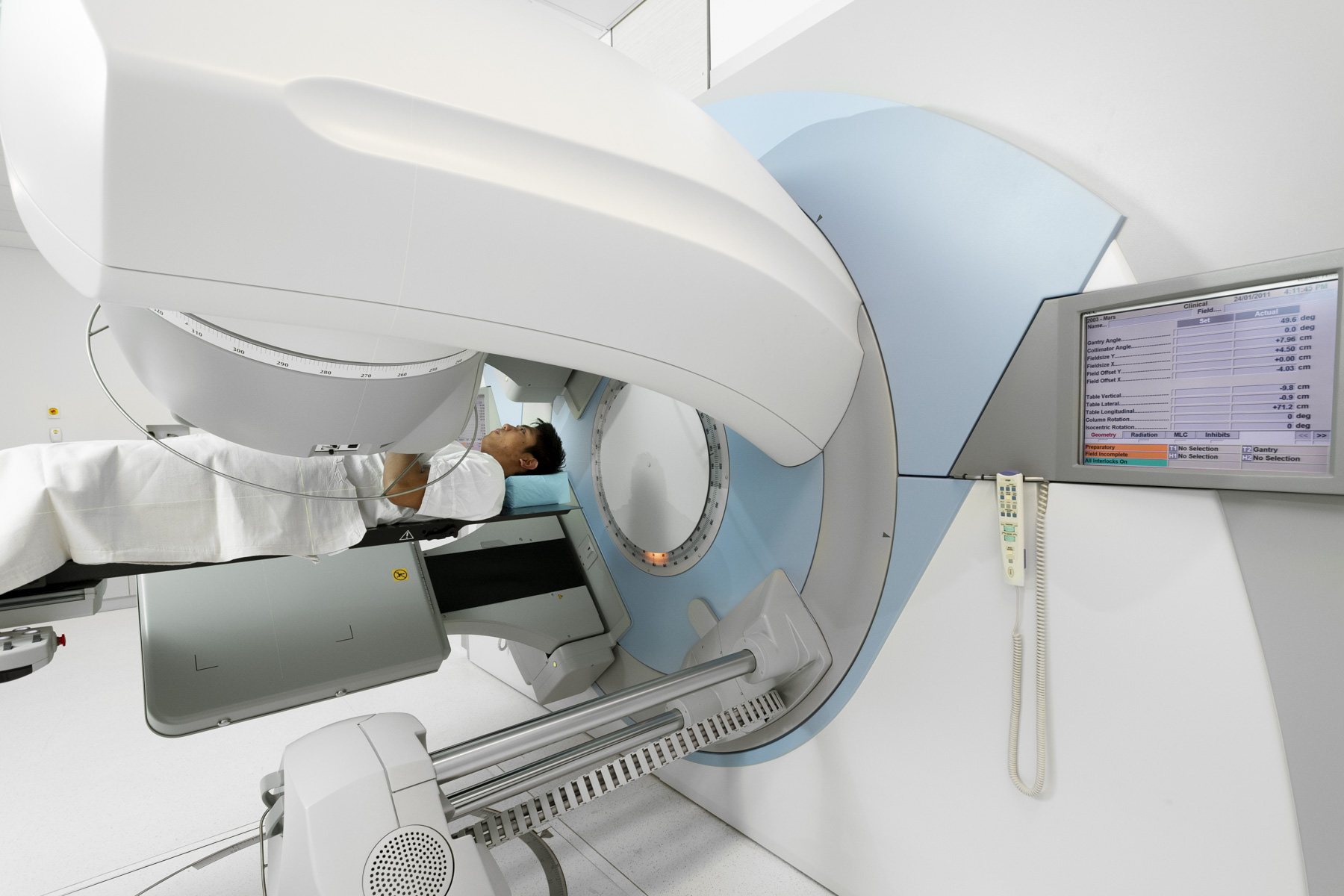
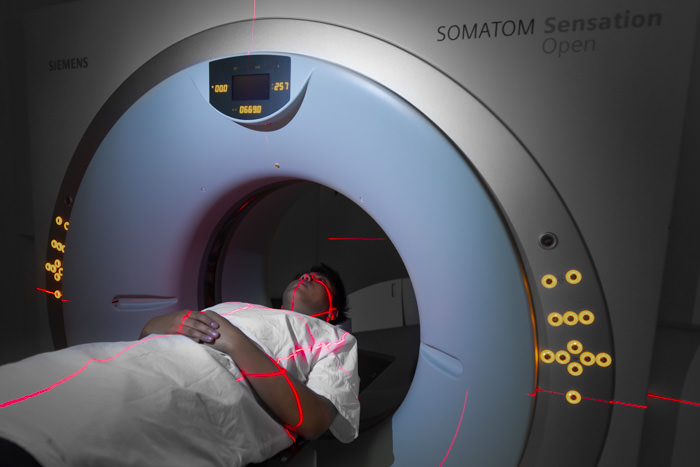
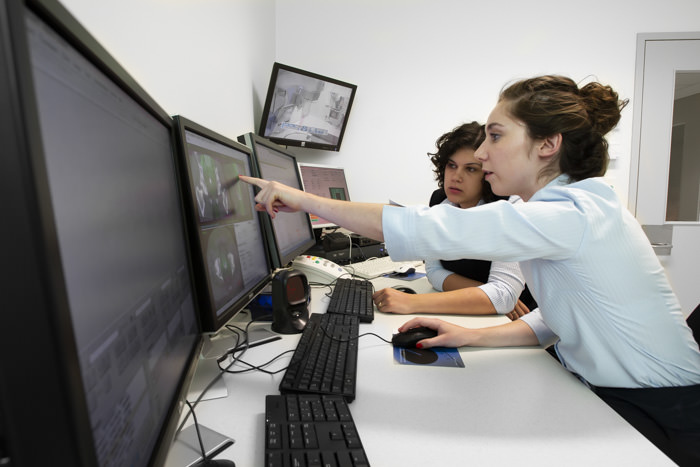
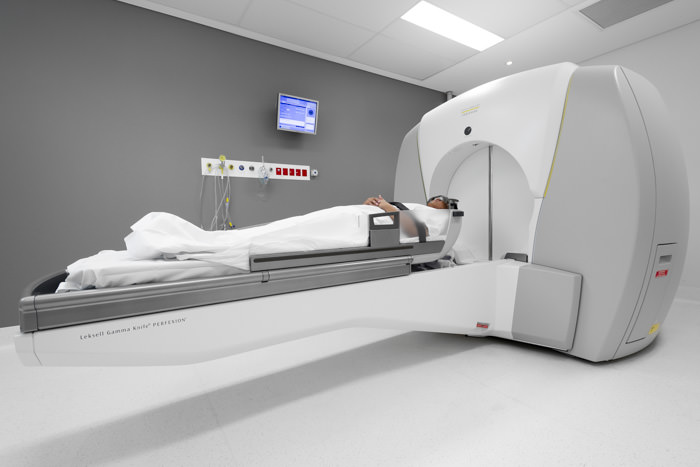
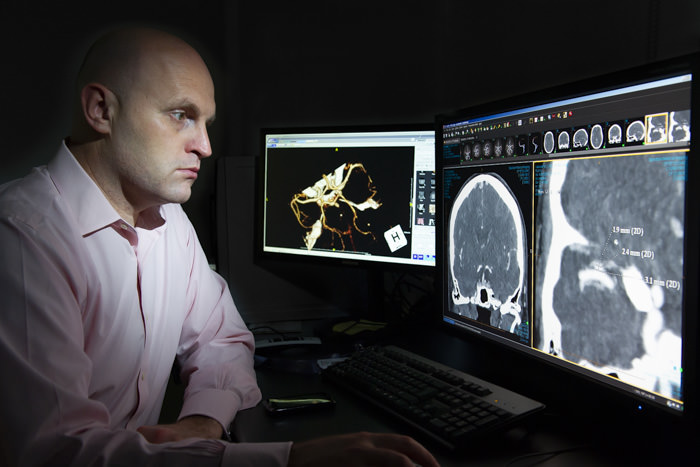
Medical product photography
Authentic product photography is essential for medical equipment and pharmaceutical manufacturers, given the nature of the business and the switched-on discerning audiences. Australia is home to some leading innovators in the medical space. I’ve been trusted to photograph many of their products and facilities in action and built a reputation for delivering believable, relatable images which engage every stakeholder group.
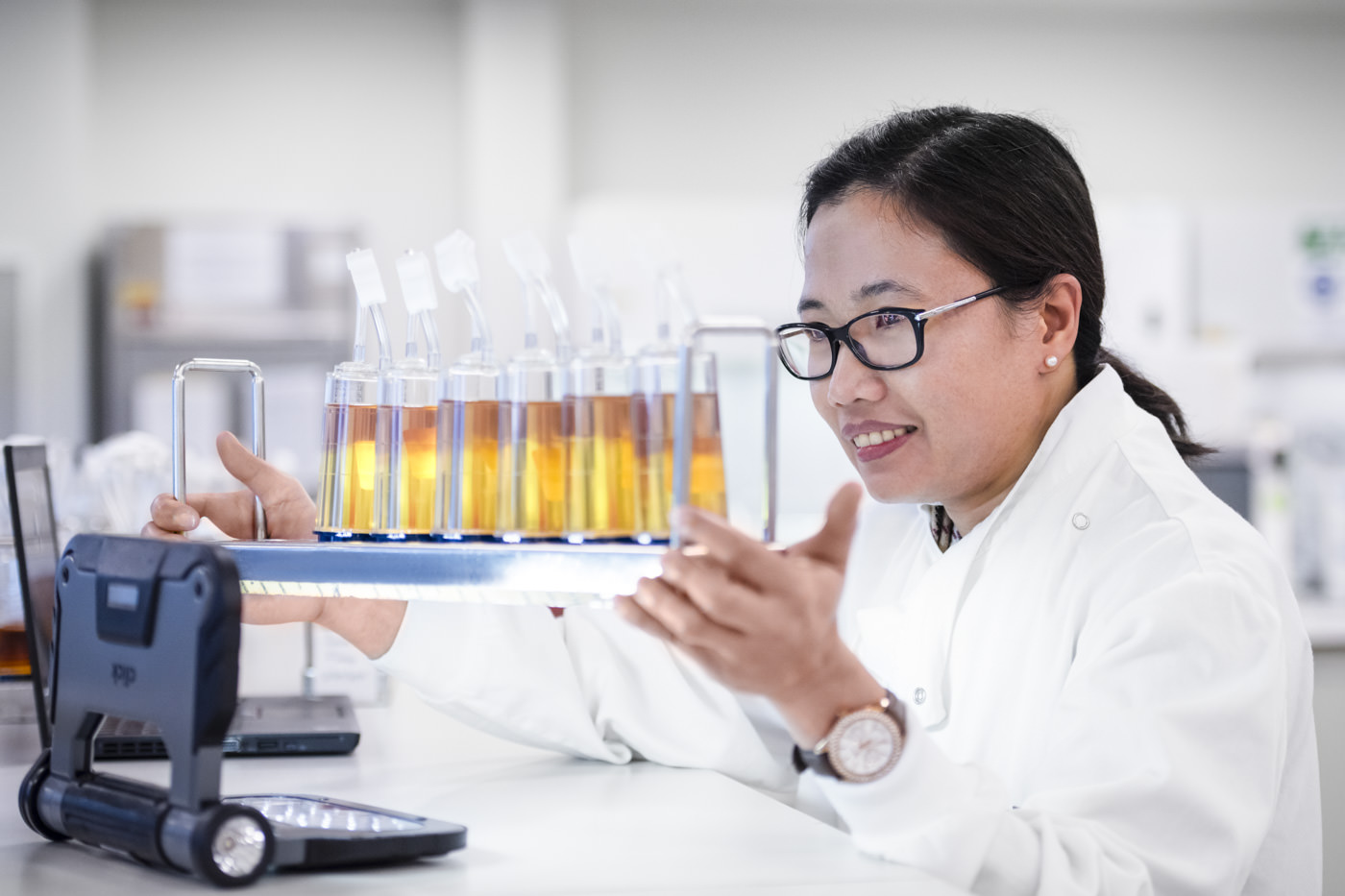
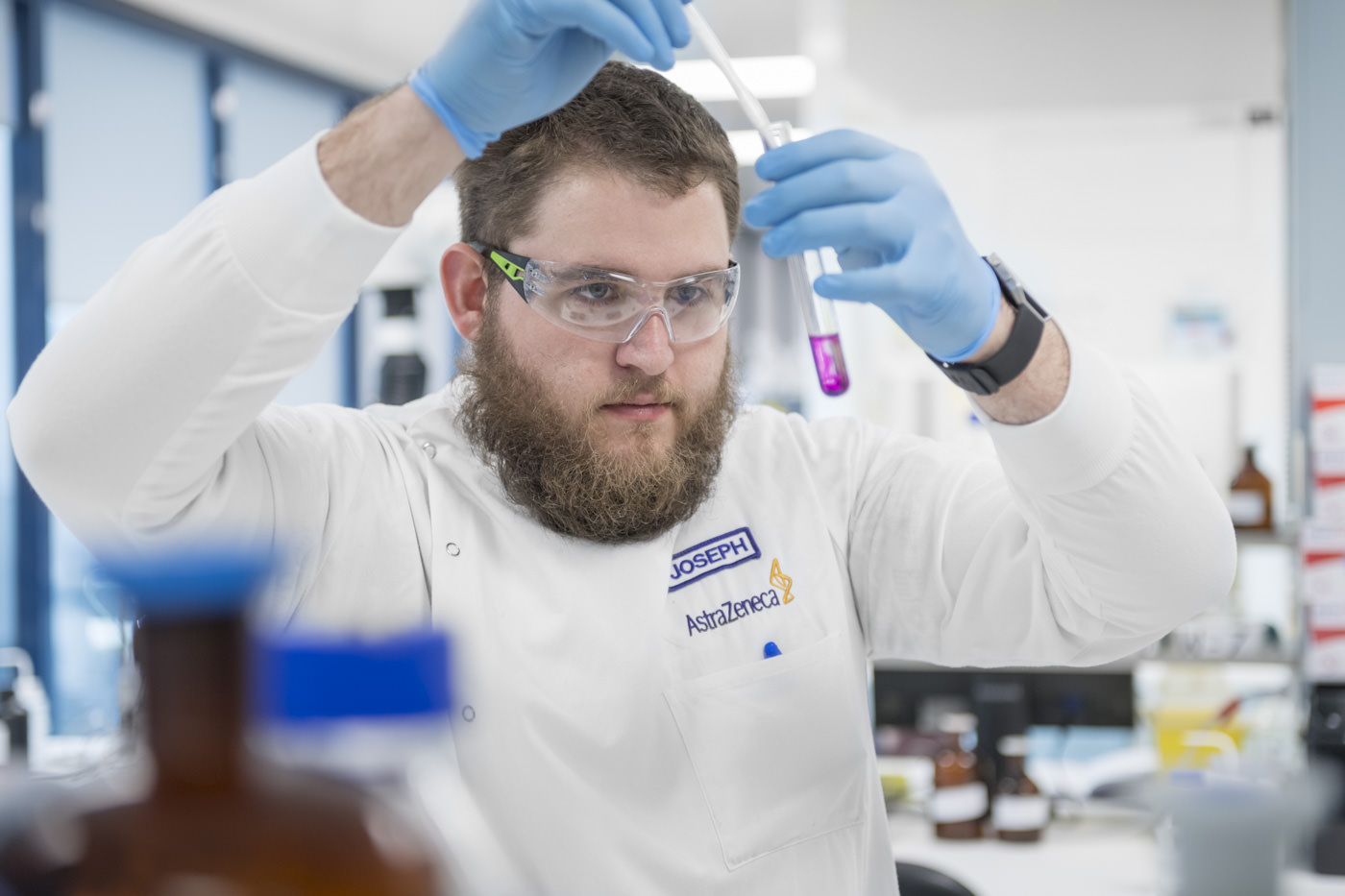
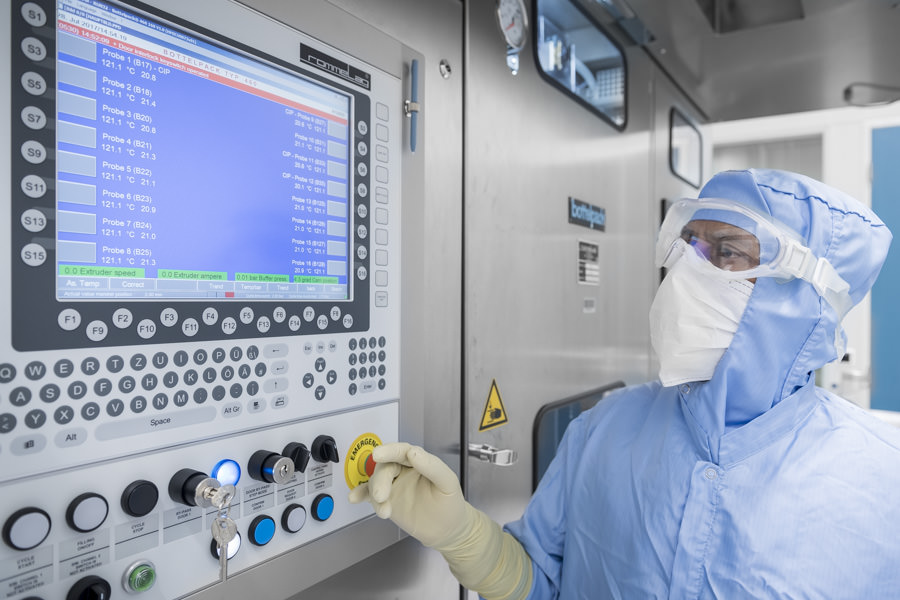
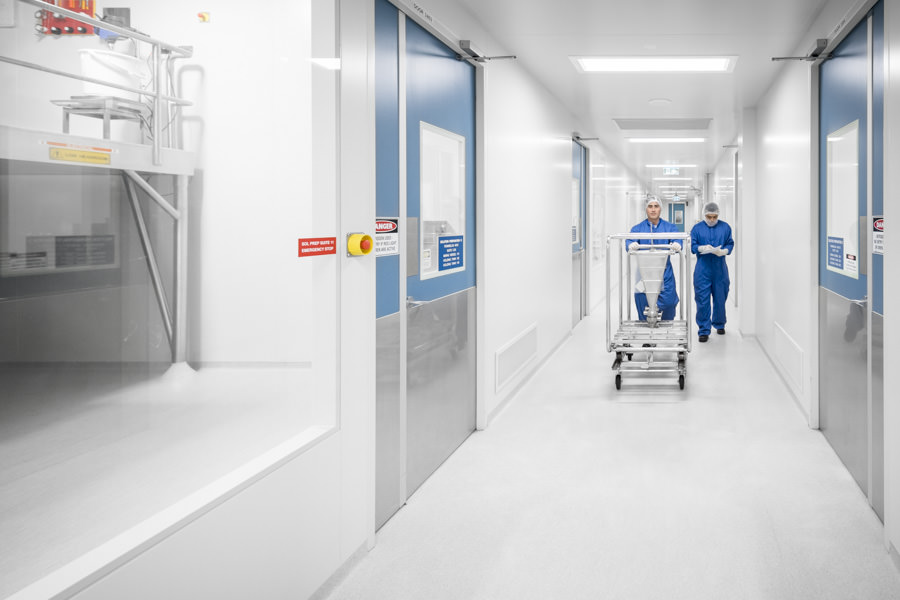
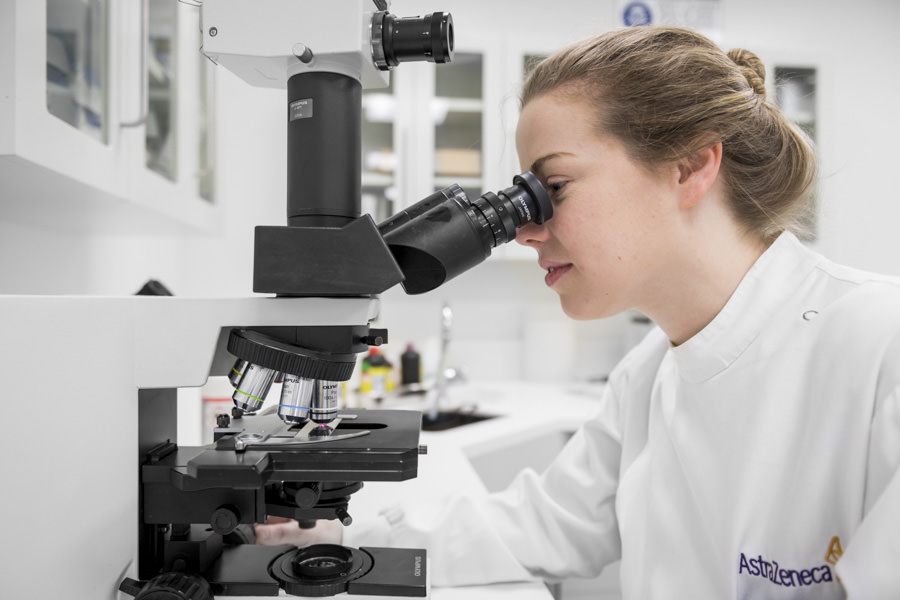
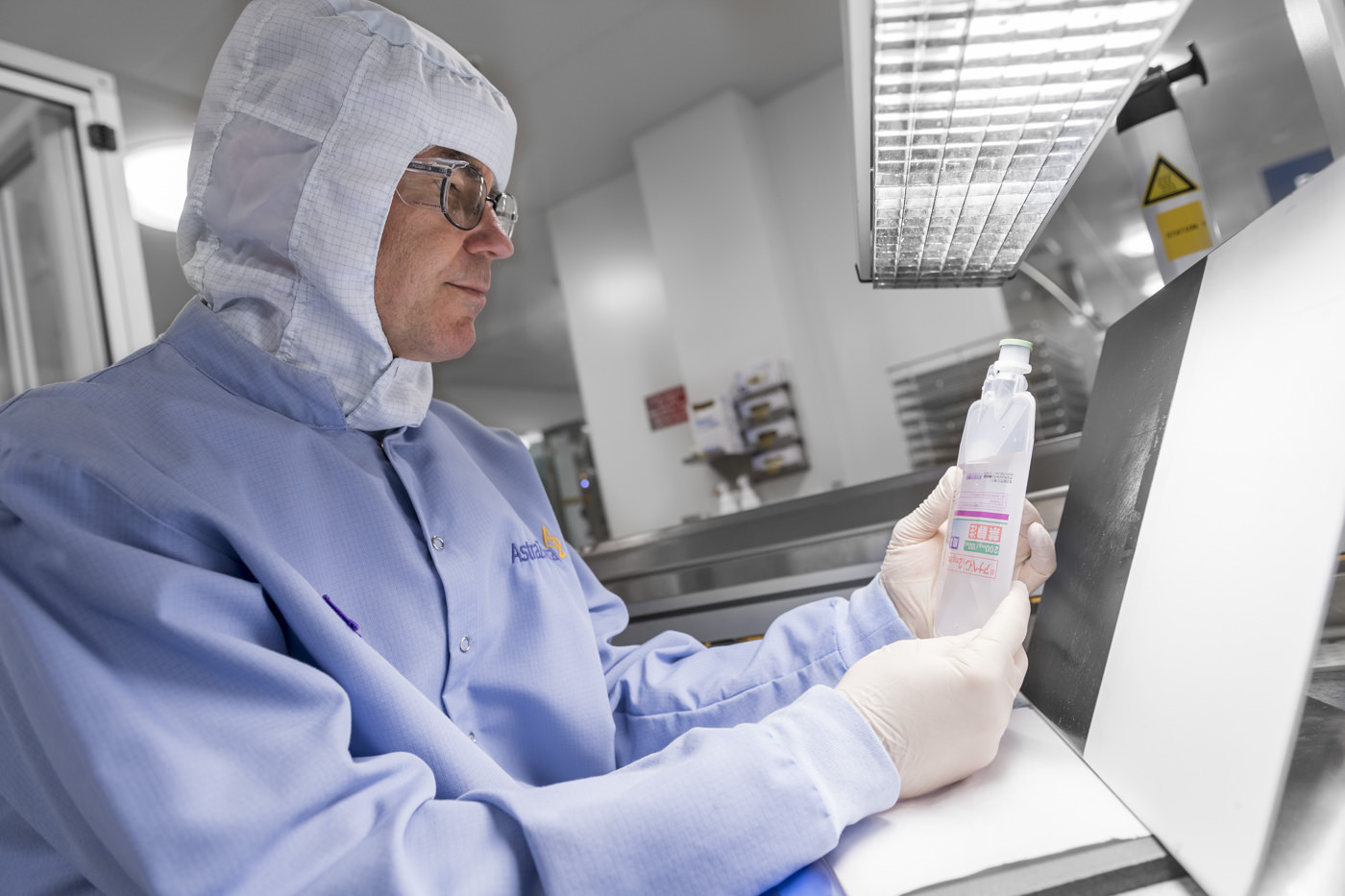
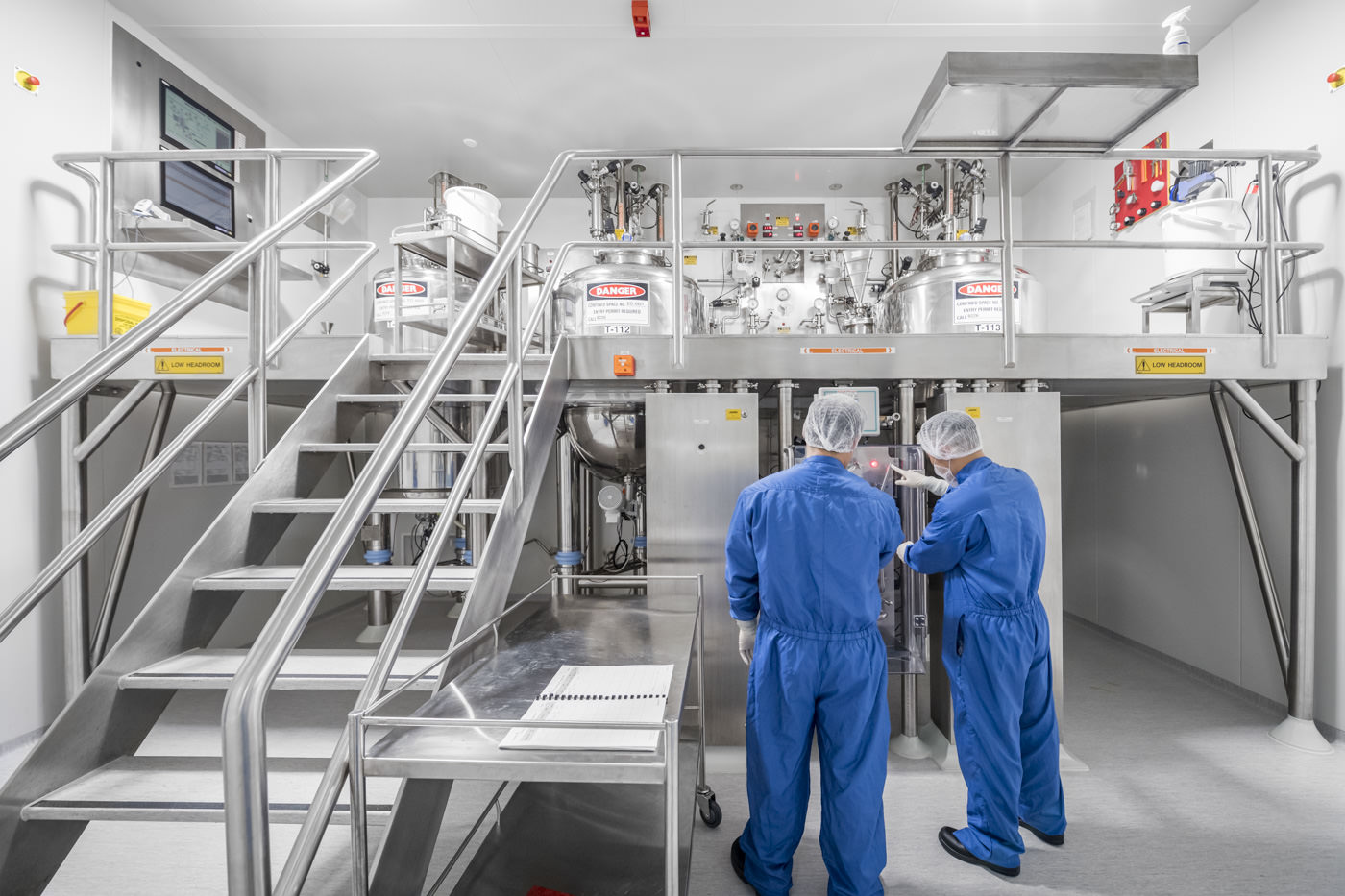
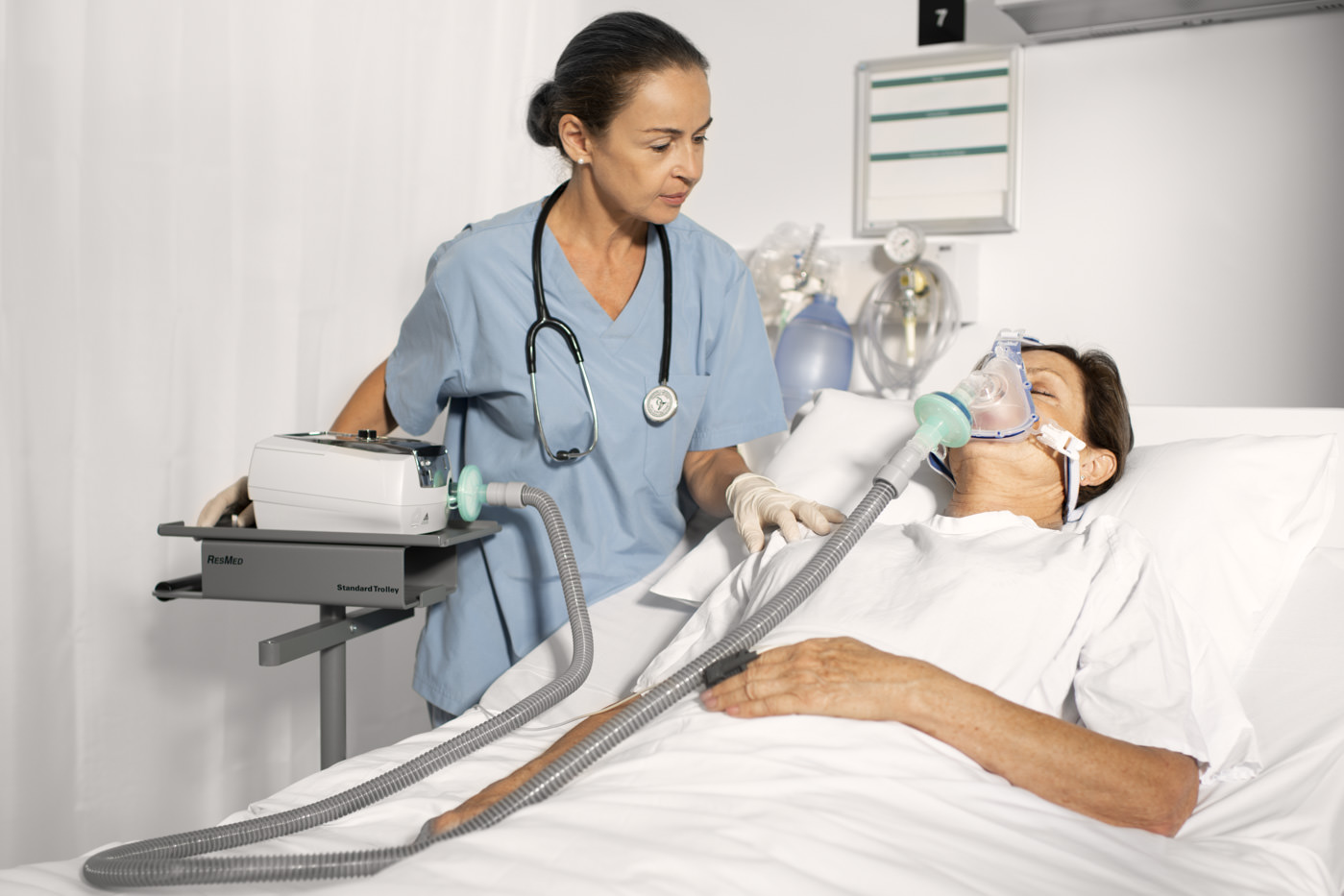
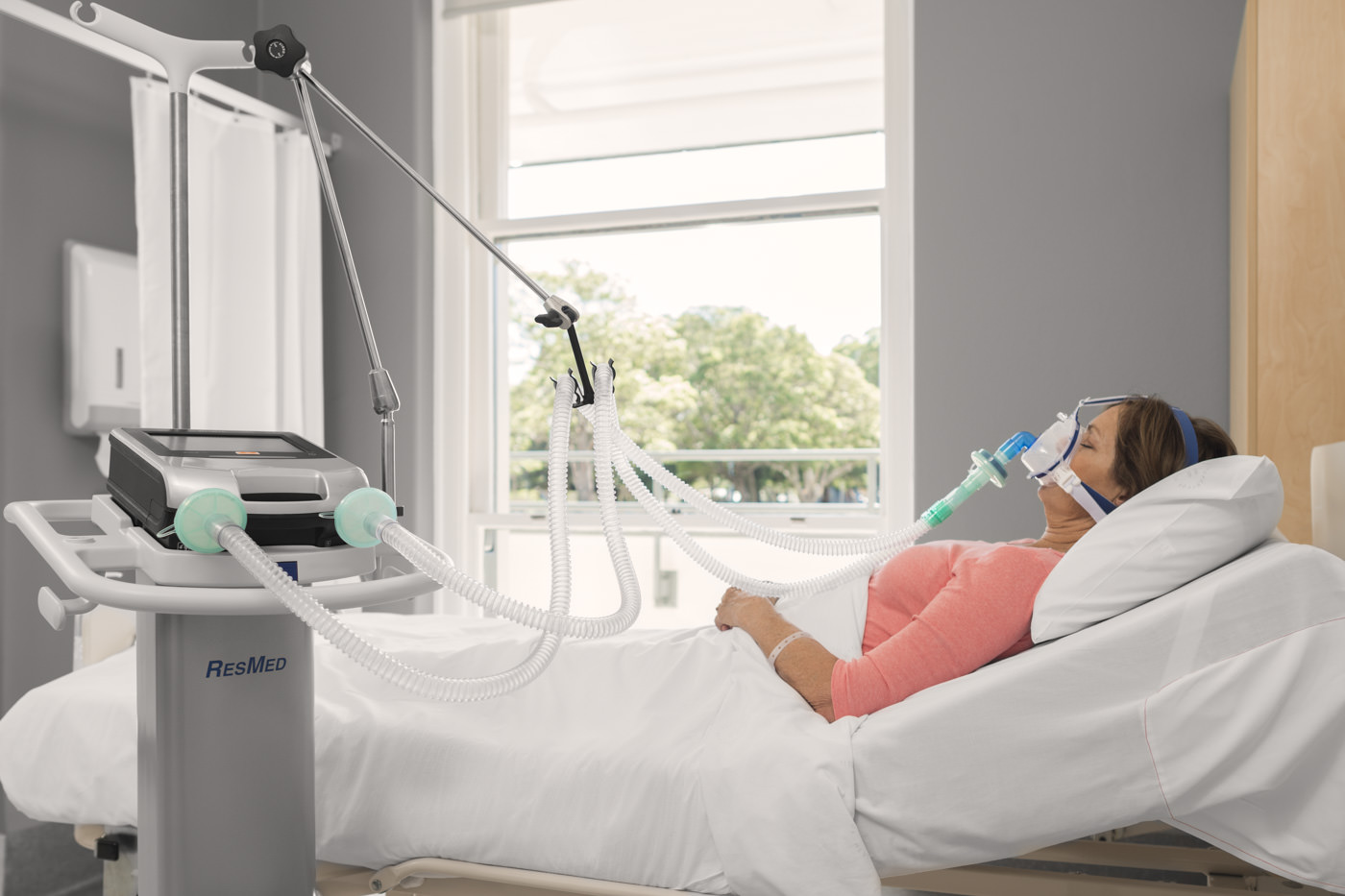
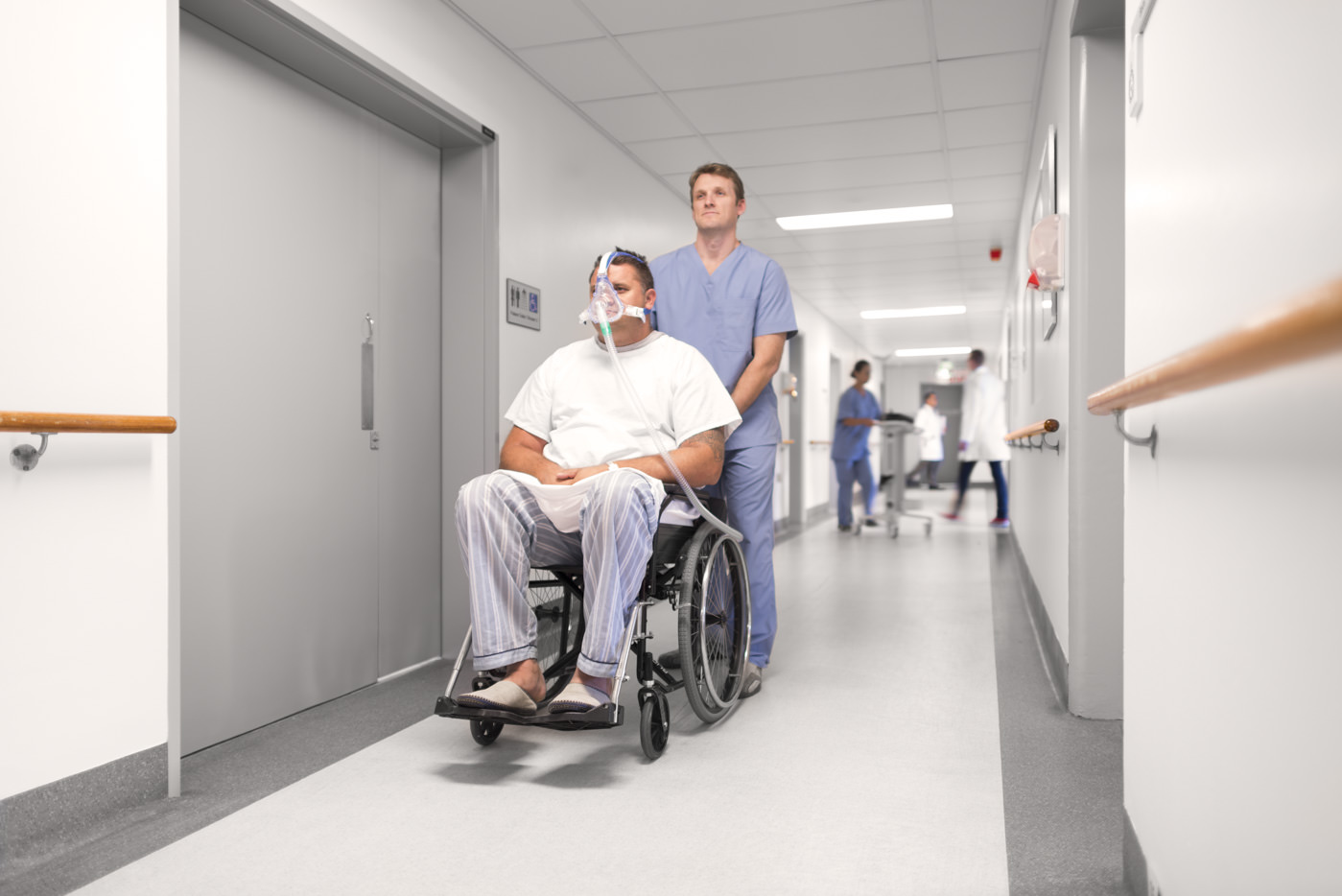
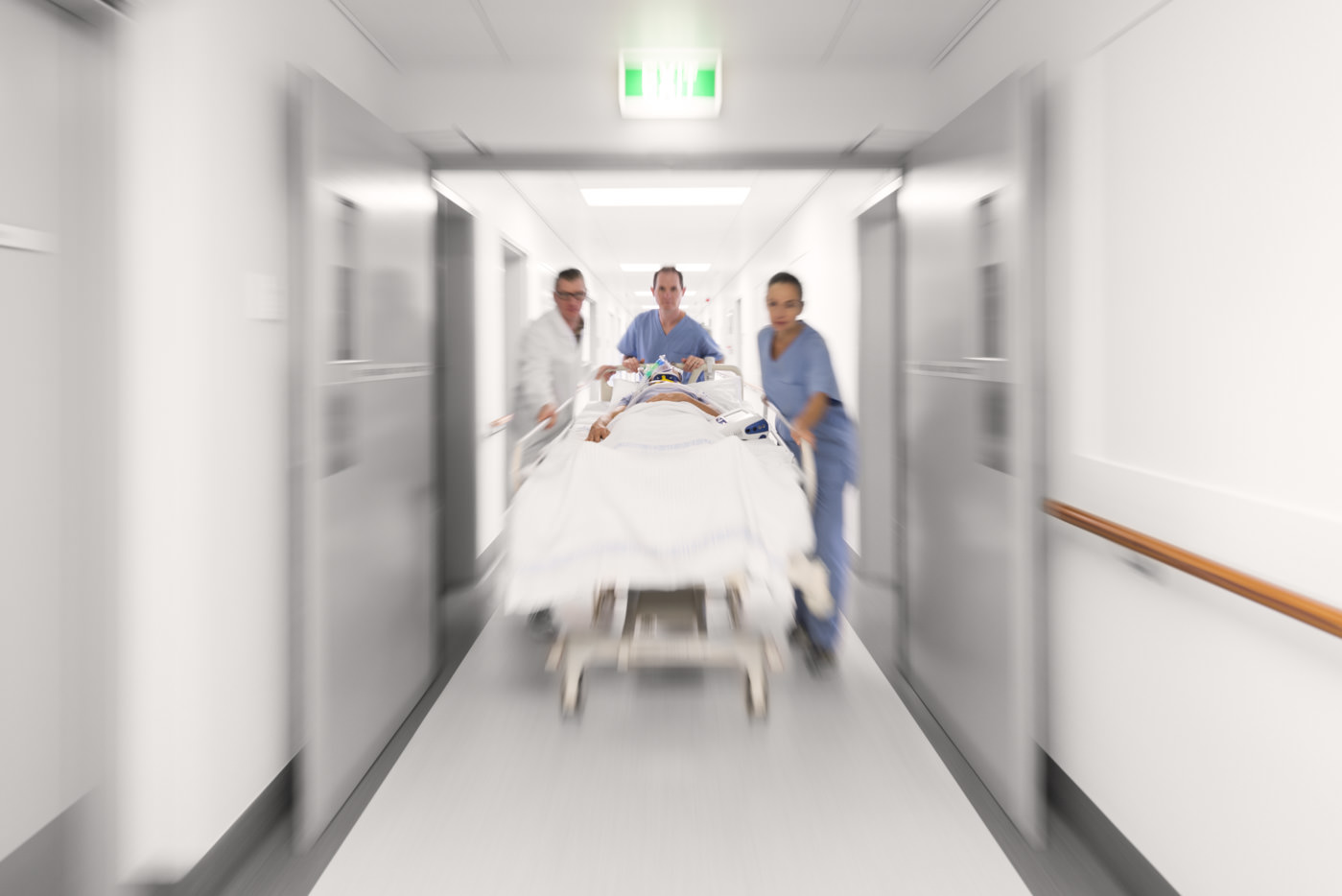
Healthcare Photography | Frequently Asked Questions
A good healthcare photographer possesses a combination of technical skills, adaptability, and emotional intelligence. They must have a deep understanding of various medical settings and the challenges associated with capturing images in sensitive environments. Expertise in photographic techniques and equipment is essential, along with the ability to work under pressure and adapt to fast-paced, unpredictable situations. Strong communication and interpersonal skills are necessary to collaborate with medical professionals, while empathy and sensitivity towards patients, families, and healthcare staff are vital. A good healthcare photographer must also respect privacy, confidentiality, and consent, and have a keen eye for detail, composition, and visual storytelling. Dedication to capturing authentic, engaging, and accurate images that resonate with diverse audiences is a defining trait of a successful healthcare photographer.
Consent is vital to healthcare photography, as it respects patients’ privacy and autonomy. Photographers must ensure informed consent has been obtained from patients or their guardians before capturing their images. Consent is usually obtained by the project team managing the photography project in conjunction with patient administration. In most cases, written consent forms are required. Consent can be withdrawn at any time, and it is essential for photographers to respect patients’ decisions and uphold their confidentiality.
Upholding patient privacy is a fundamental aspect of healthcare photography. Photographers must always seek informed consent from patients or their guardians, only capture images that do not compromise patients’ identities or personal information, and respect the emotional and physical well-being of those involved. In some cases, images may be carefully edited to protect anonymity, by obscuring faces or removing identifying features.
Healthcare photography plays a significant role in visually representing public and private health services and capturing the vital work done by healthcare professionals. High-quality images are essential for marketing campaigns, educating patients, raising awareness about health issues, and showcasing cutting-edge technologies and innovations. Healthcare photography also helps humanise the industry by portraying real-life medical scenarios, which can foster understanding, empathy, and trust among diverse stakeholders.
Photographing in an operating theatre comes with unique requirements and challenges. A healthcare photographer must adhere to the following guidelines to ensure patient safety and respect for medical professionals. Firstly, they must obtain the necessary permissions and consent from the hospital, surgical team, and the patient or their guardian. Secondly, they should follow strict sterilisation and safety protocols, such as wearing appropriate protective clothing, masks, gloves, and shoe covers. Familiarity with the medical environment and surgical procedures is crucial, as it allows the photographer to anticipate critical moments and adjust their position without disturbing the surgical team. Respecting the concentration and focus of the surgical team and minimising any potential disturbance or interference is also essential. Finally, the photographer must demonstrate a keen eye for detail, composition, and visual storytelling to capture the essence of the surgery and the medical professionals’ expertise in the operating theatre.
Creating authentic healthcare images involves being versatile, resourceful, and sensitive to the unique challenges posed by different medical settings. Photographers must adjust their techniques and equipment according to each situation while maintaining a keen eye for detail and visual storytelling. They must also balance genuine representation with aesthetic appeal, ensuring that the final images are both engaging and accurate in their portrayal of the medical experience.
Healthcare photography often occurs in sensitive and emotionally charged environments, where discretion and empathy are crucial. Challenges include gaining access to medical facilities, working around busy healthcare professionals and patients, and adhering to strict infection control protocols. Additionally, photographers must navigate tight spaces, manage complex lighting situations, and capture genuine, unfiltered moments without compromising privacy, dignity, or the well-being of those involved.
About Gavin Jowitt
I’m Gavin. I’m a Sydney photographer who makes photographs for organisations of all sizes. Some of my work has won awards, but that’s not what motivates me. What makes me tick is creating authentic and engaging photography that gets the job done over and above my clients’ expectations. I’d like to think that my clients keep coming back because the images I create are a true reflection of who they are and what they want to communicate.

Trusted by small to large enterprise, public sector and not for profit clients
